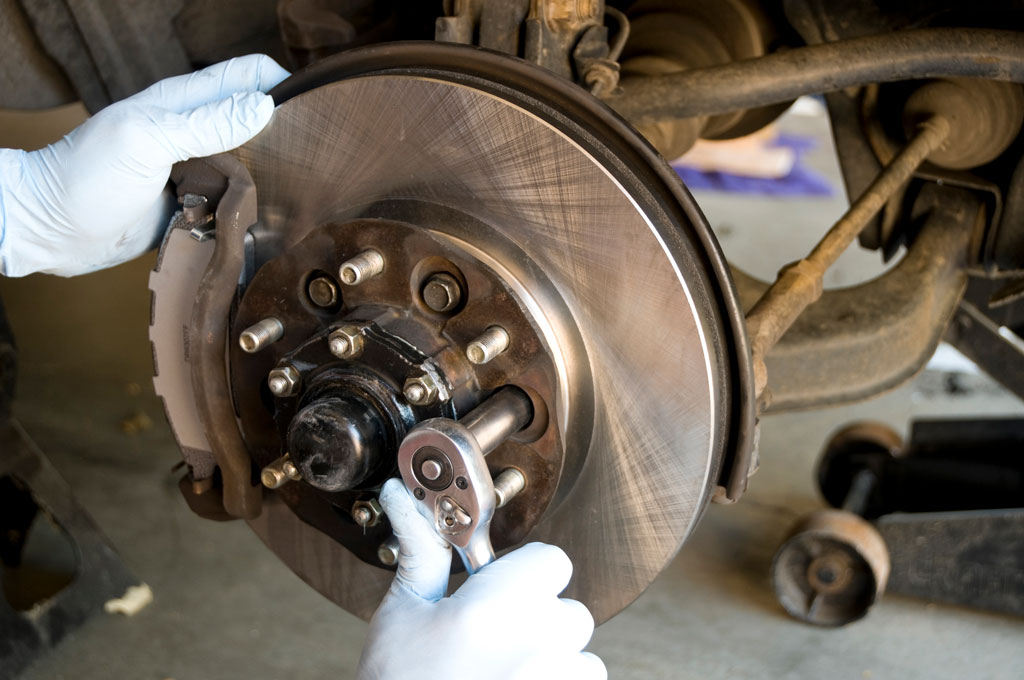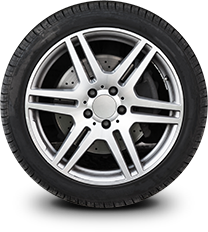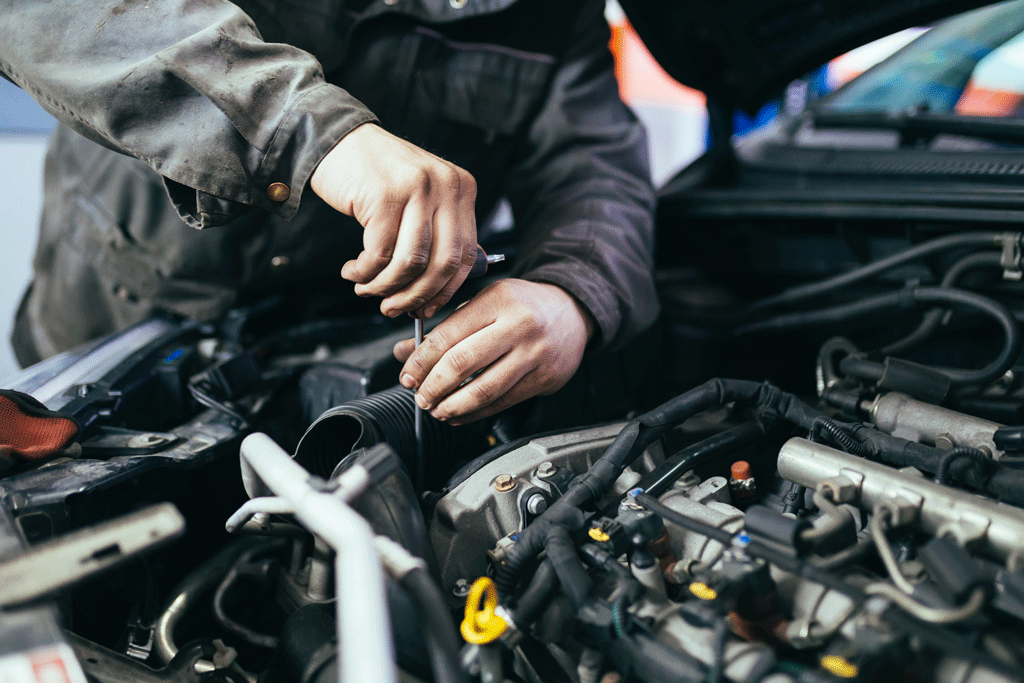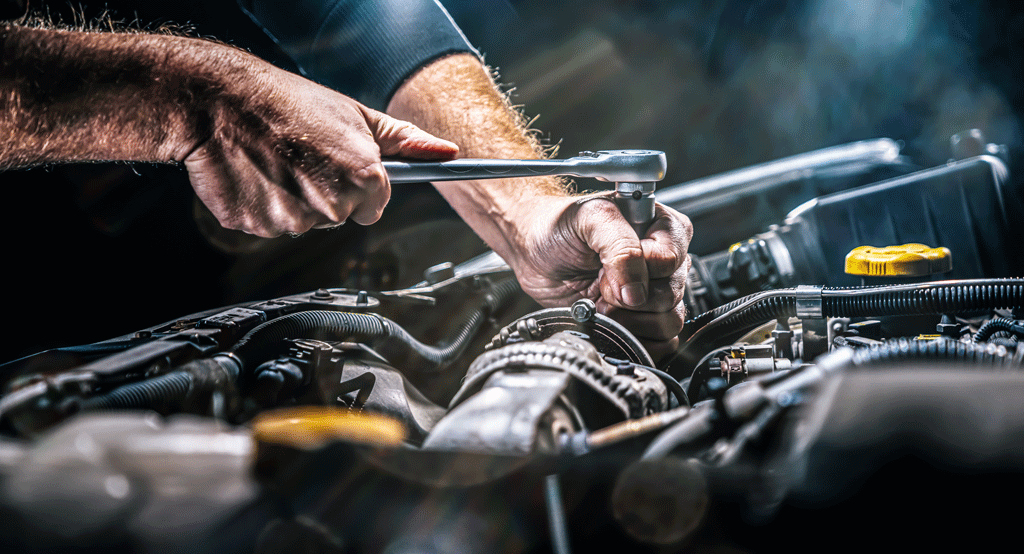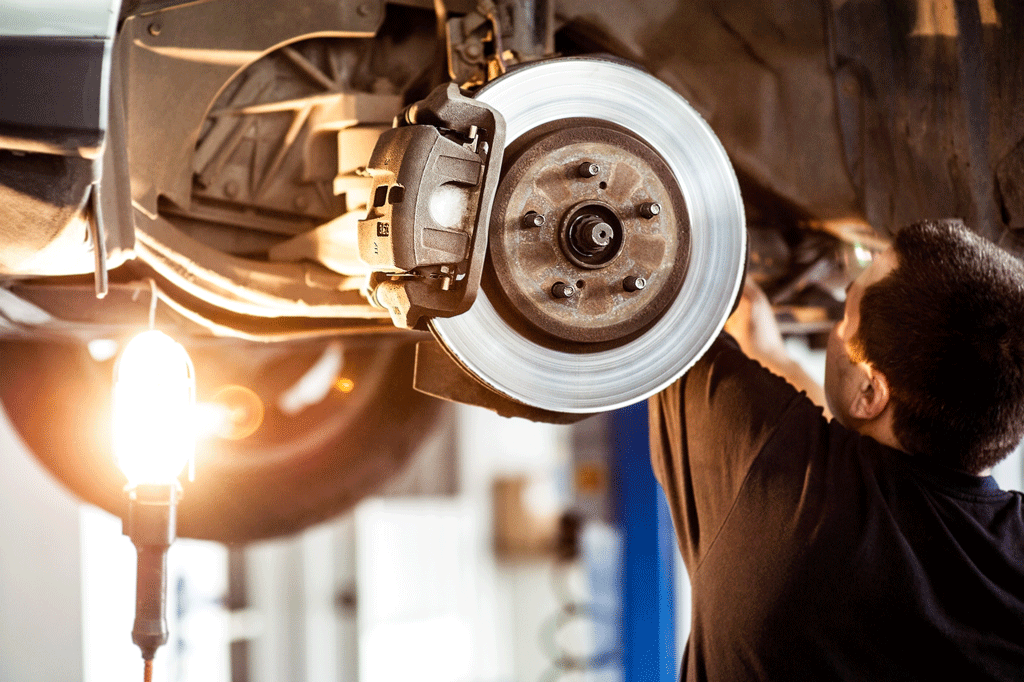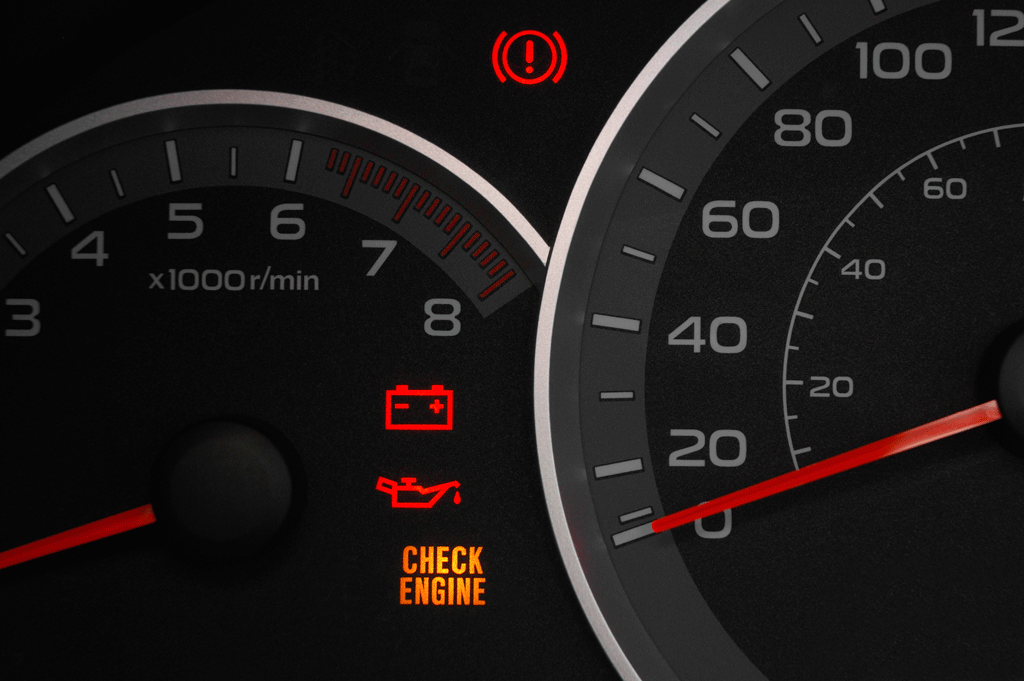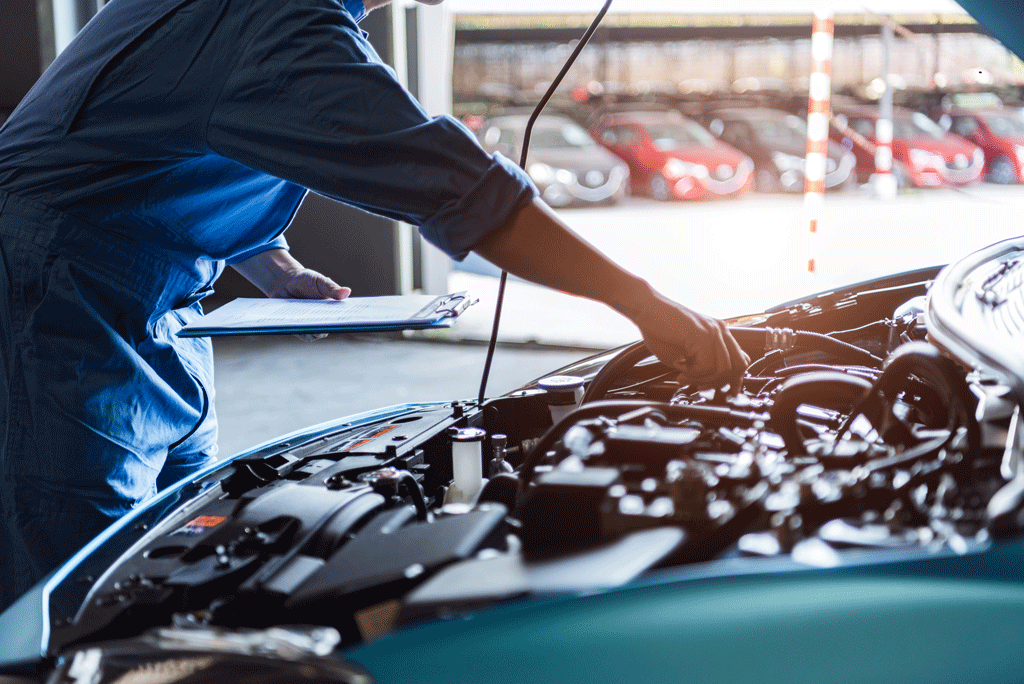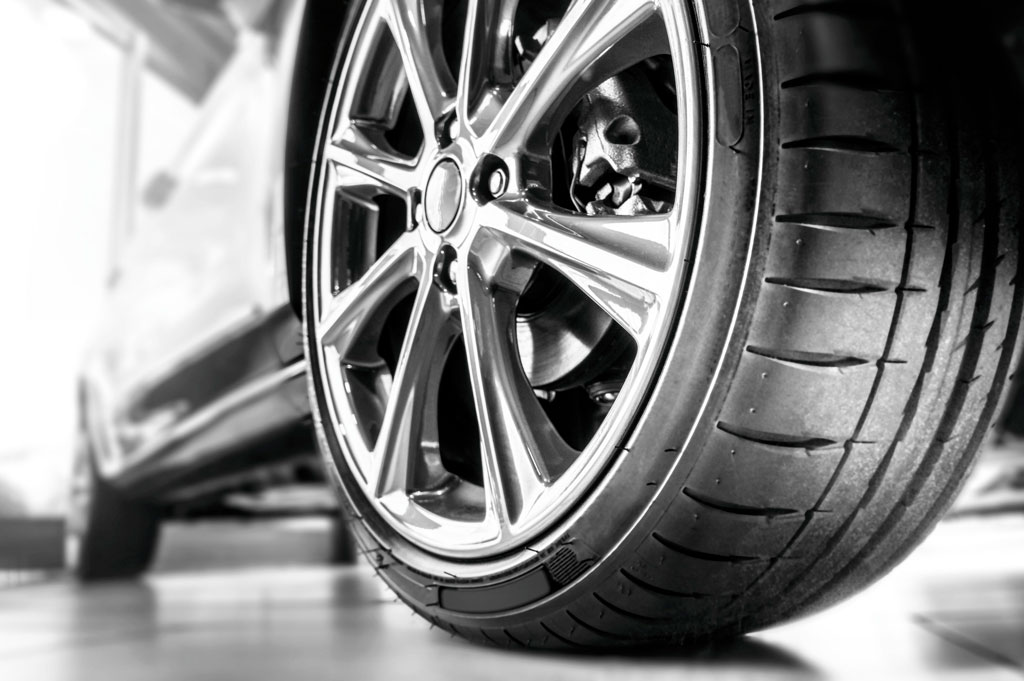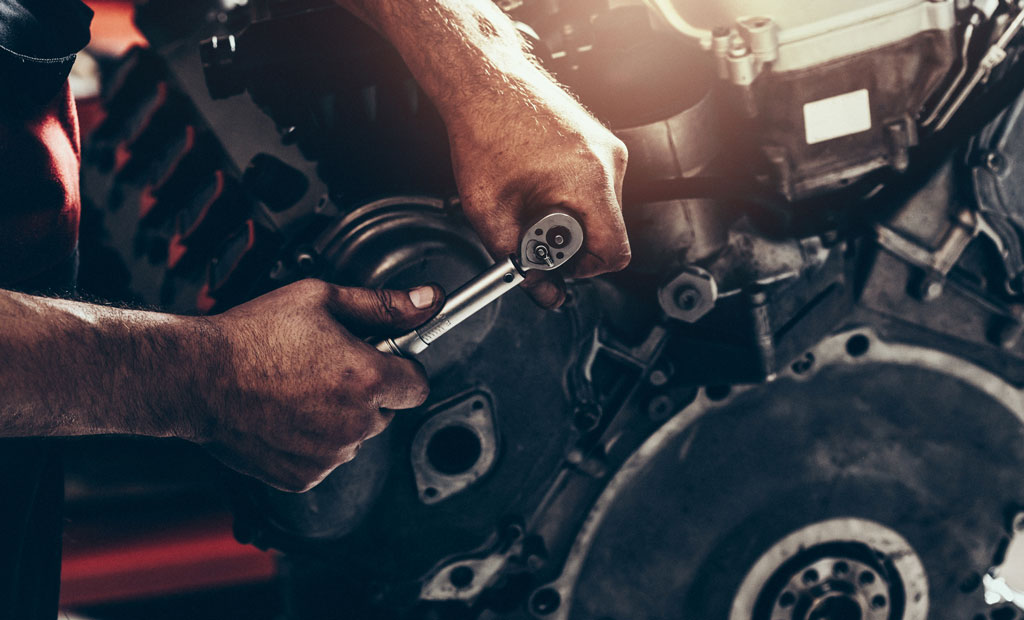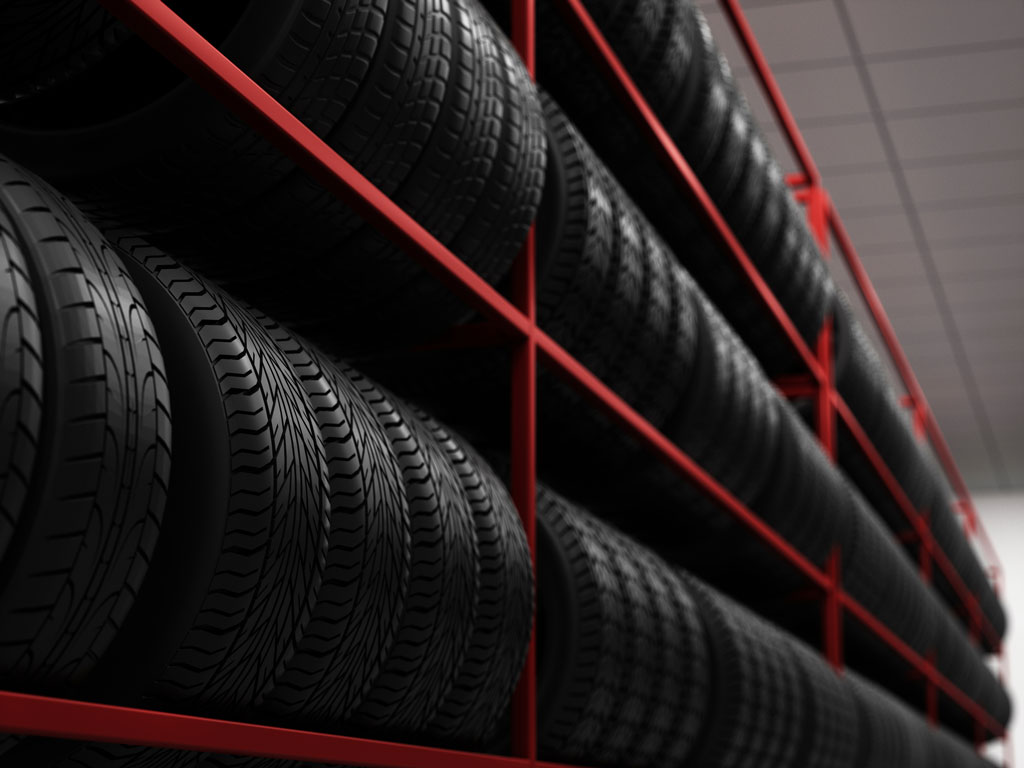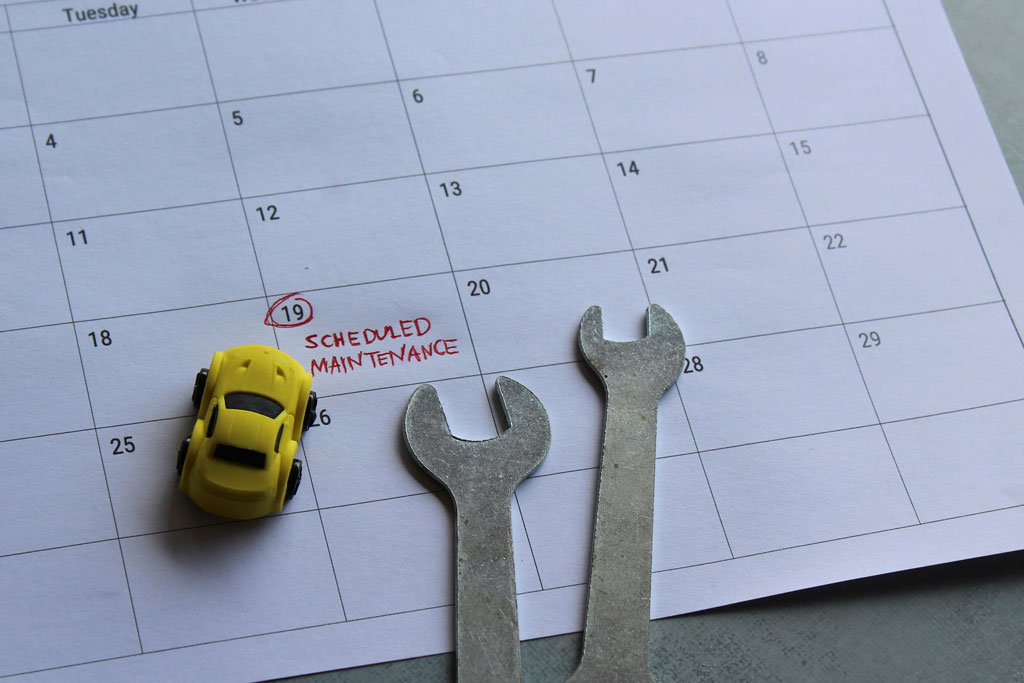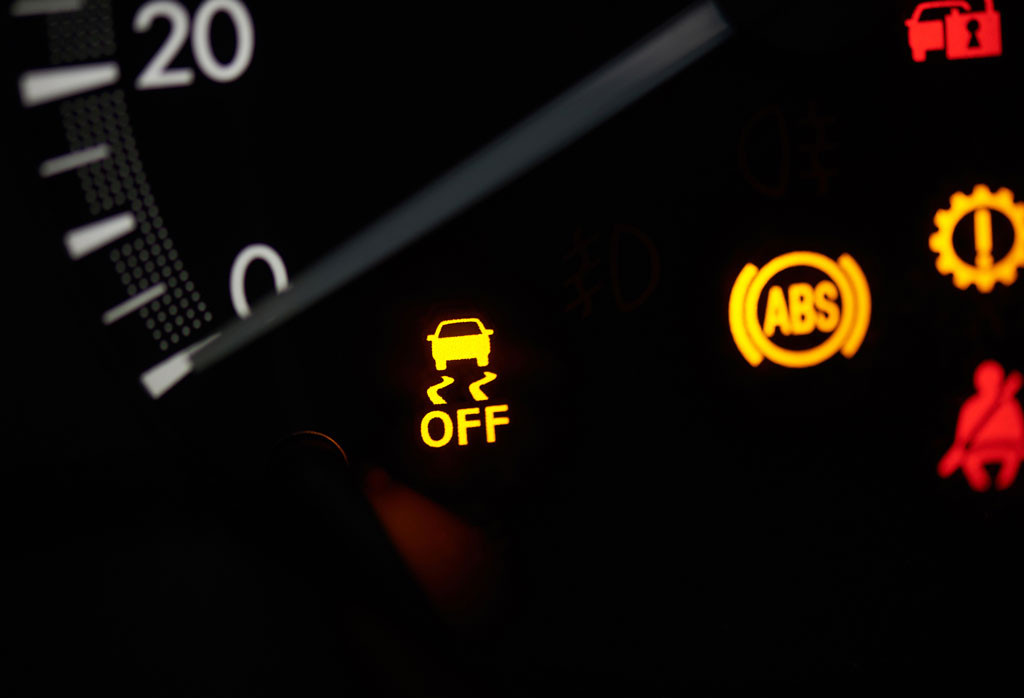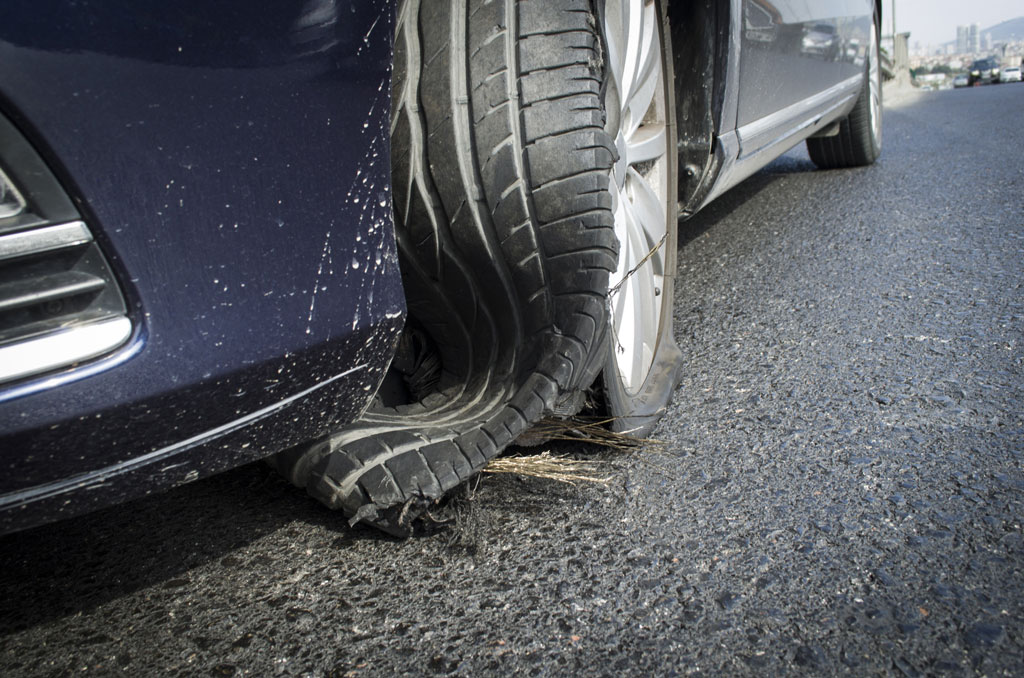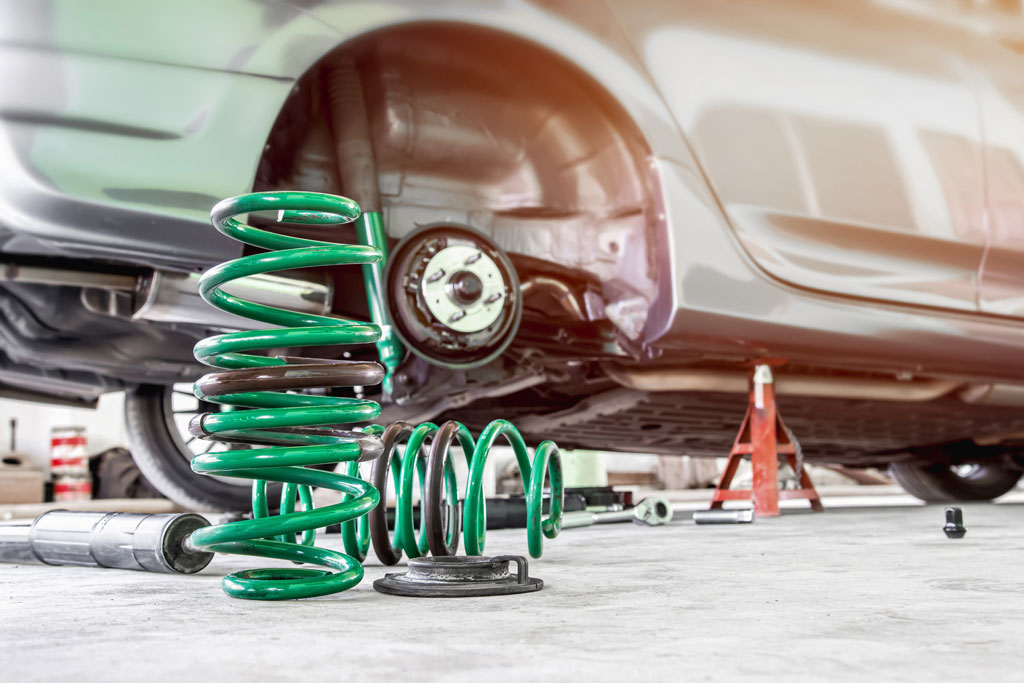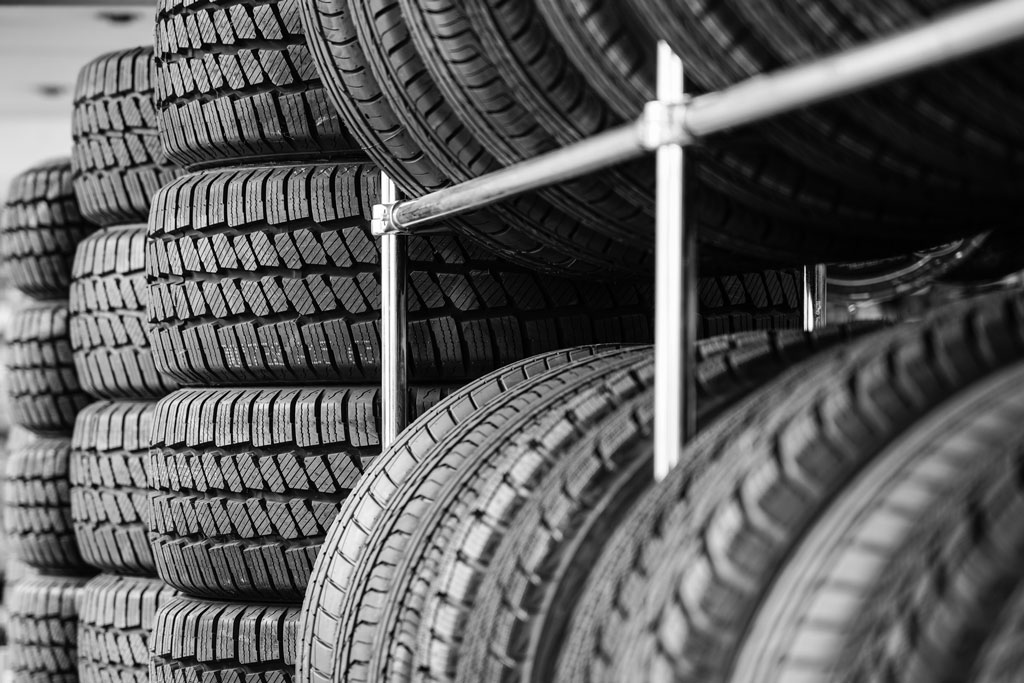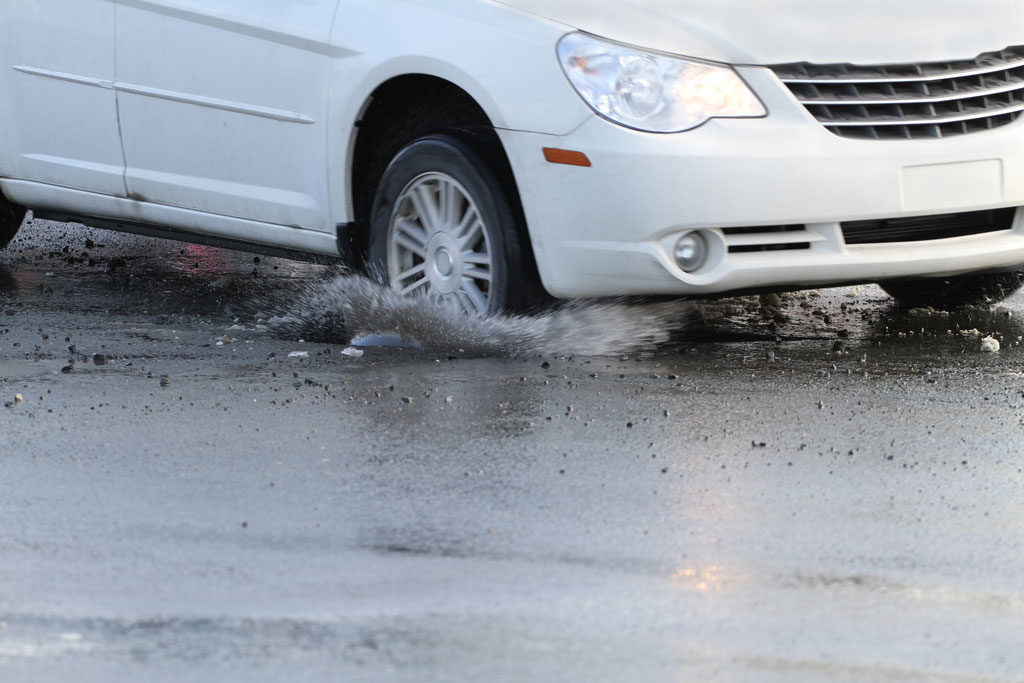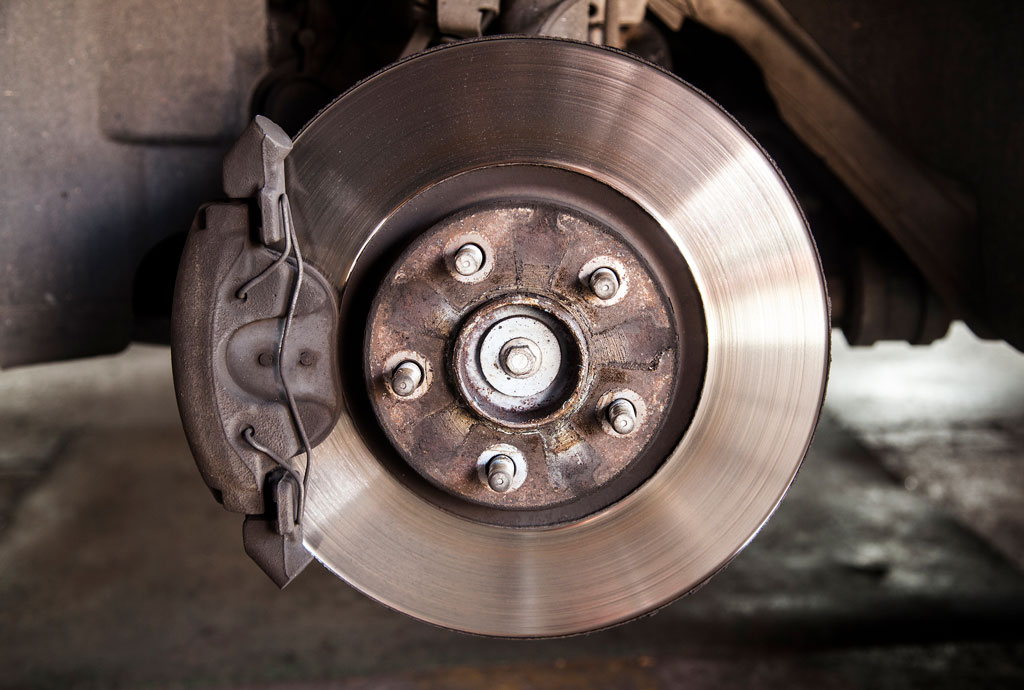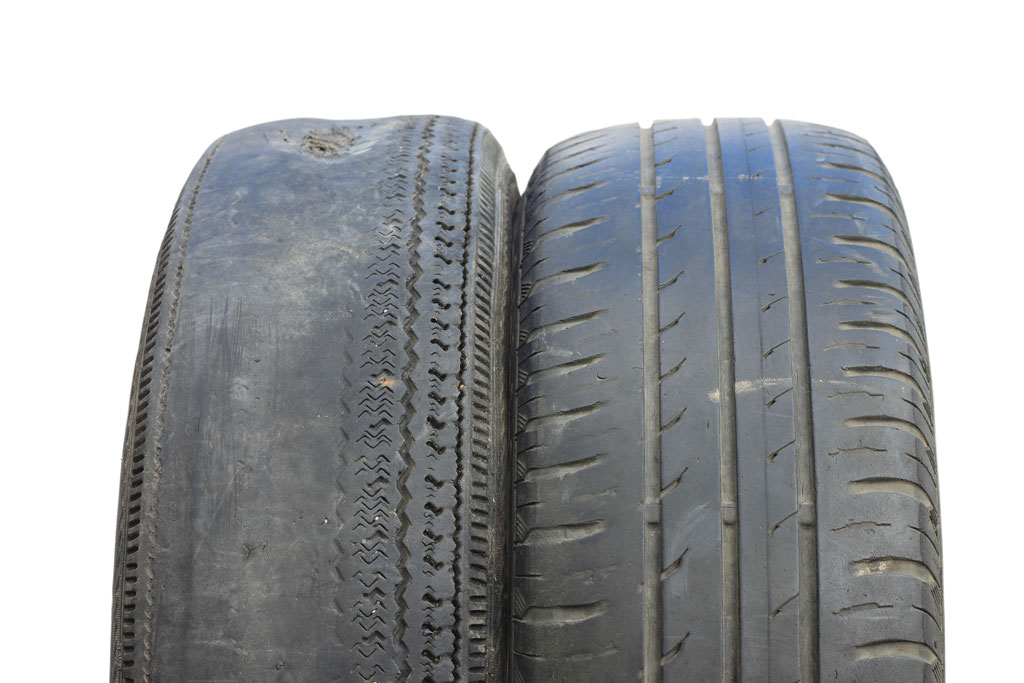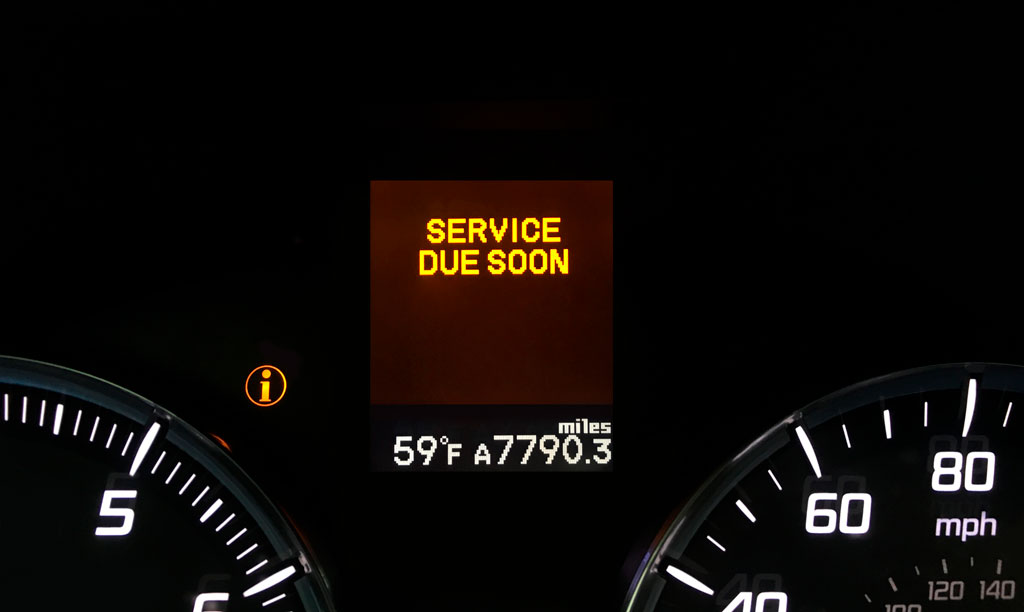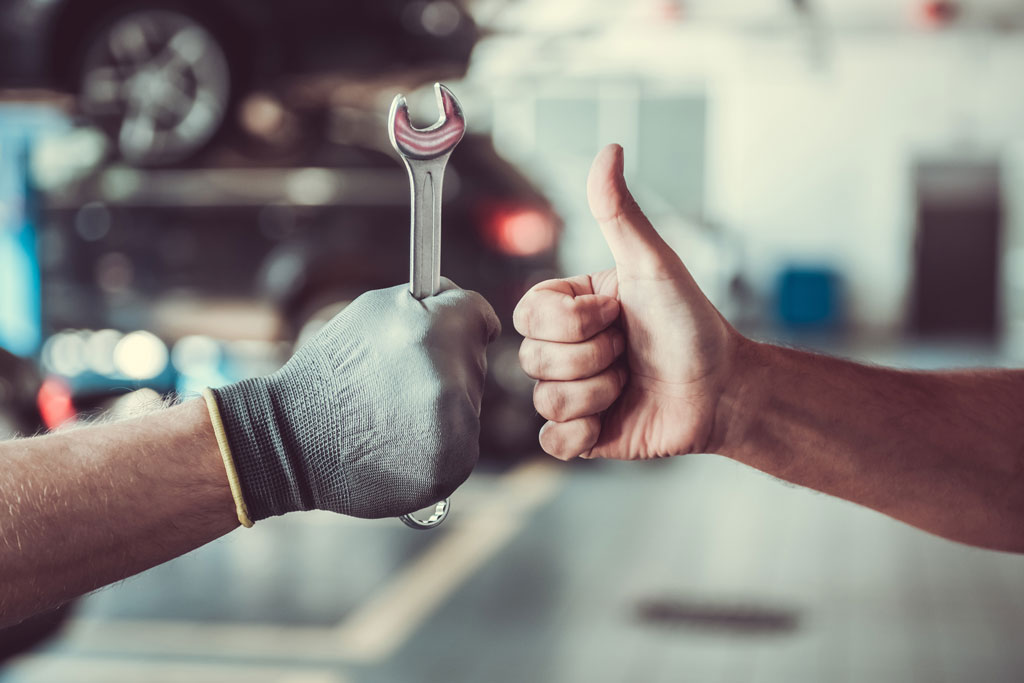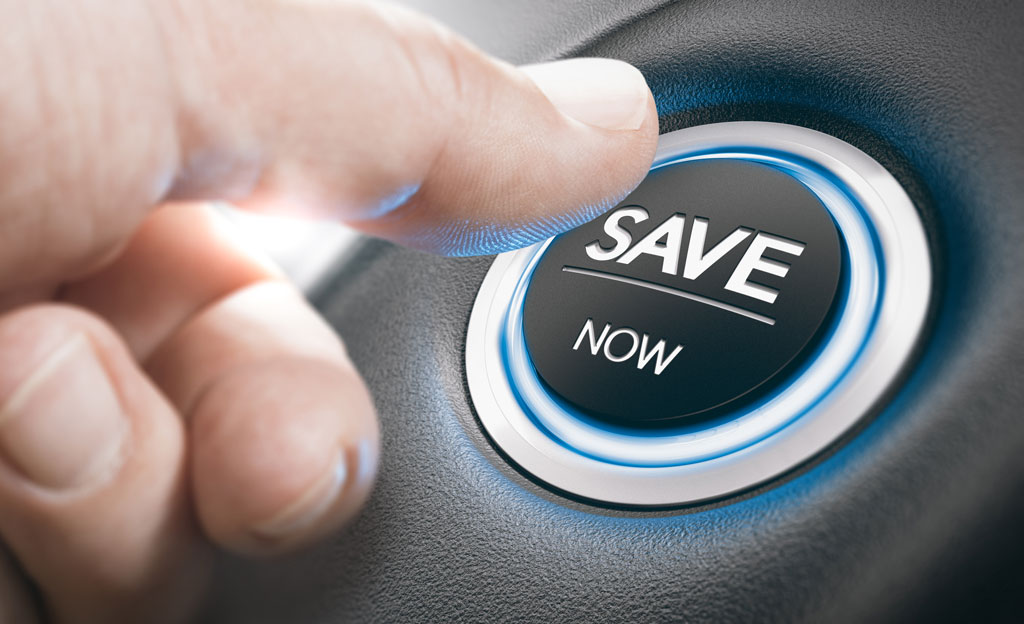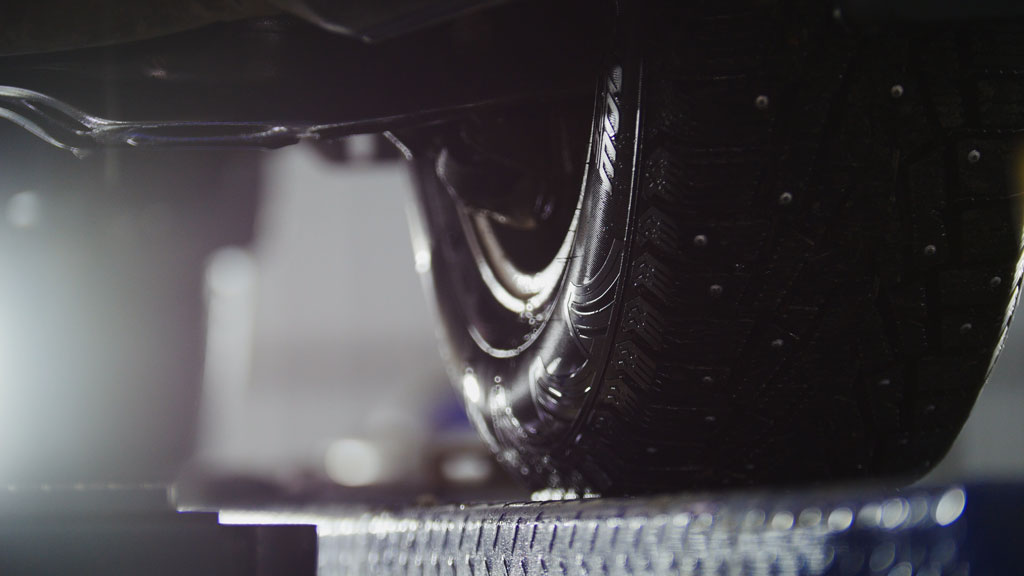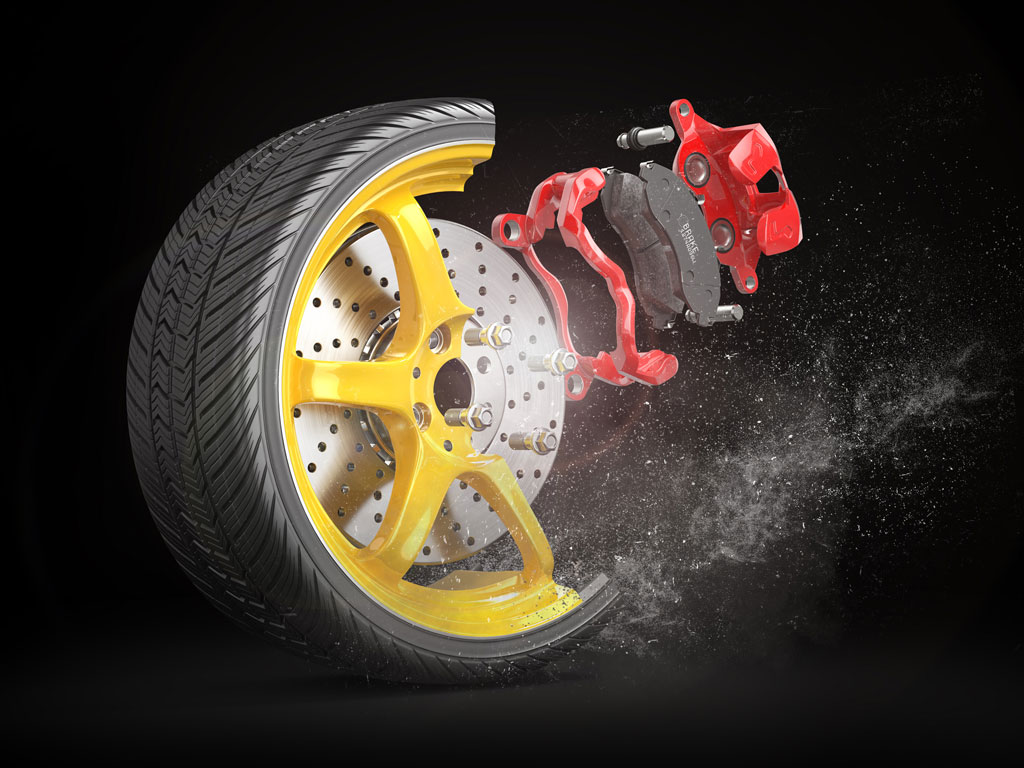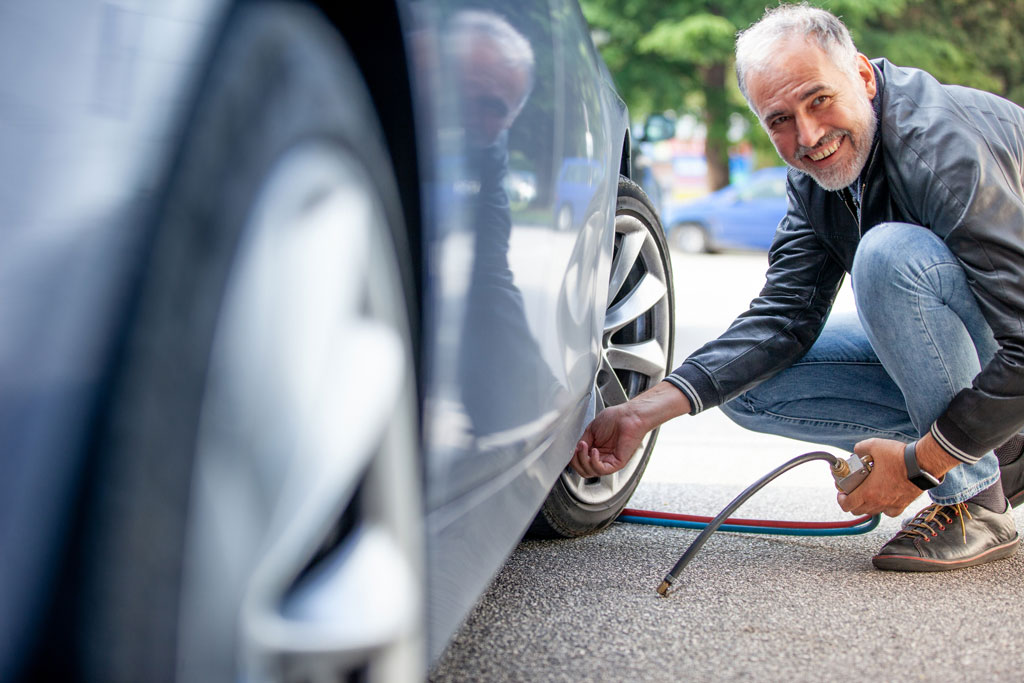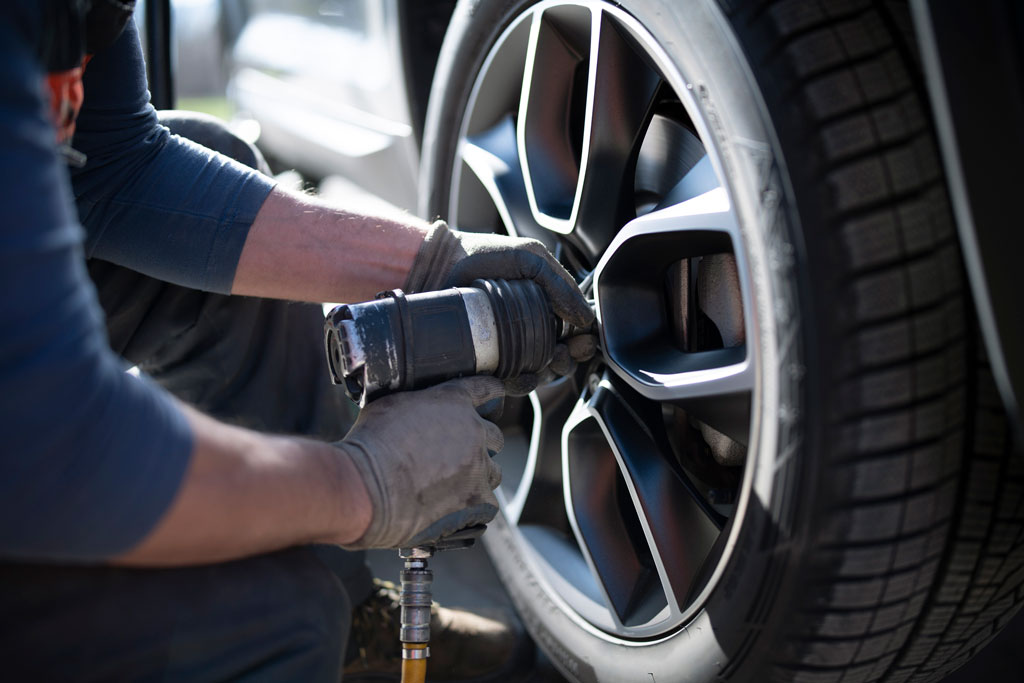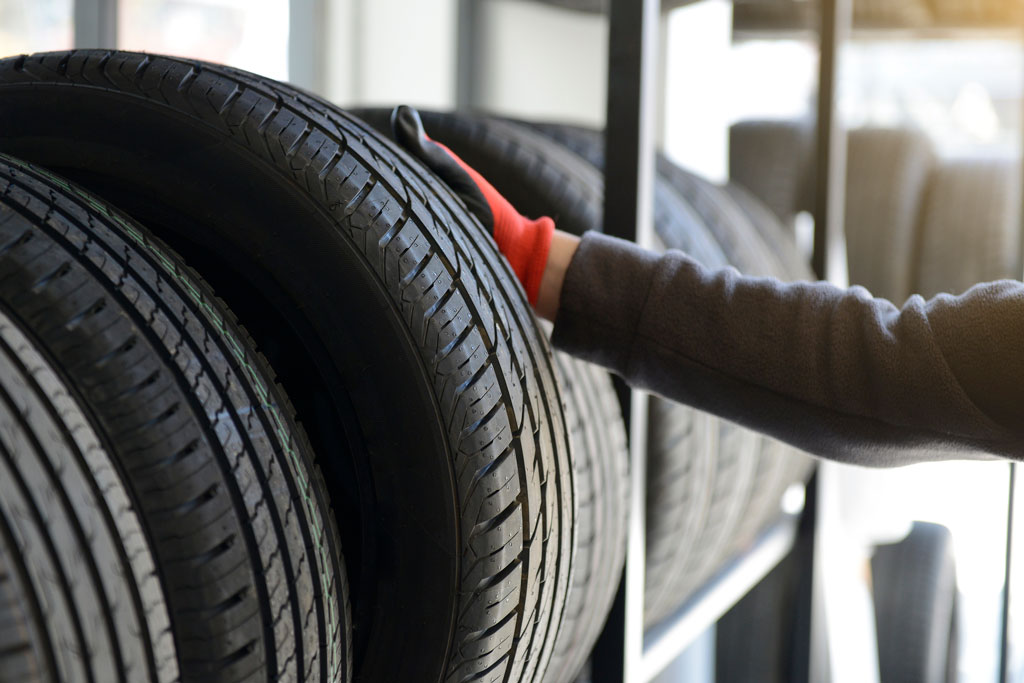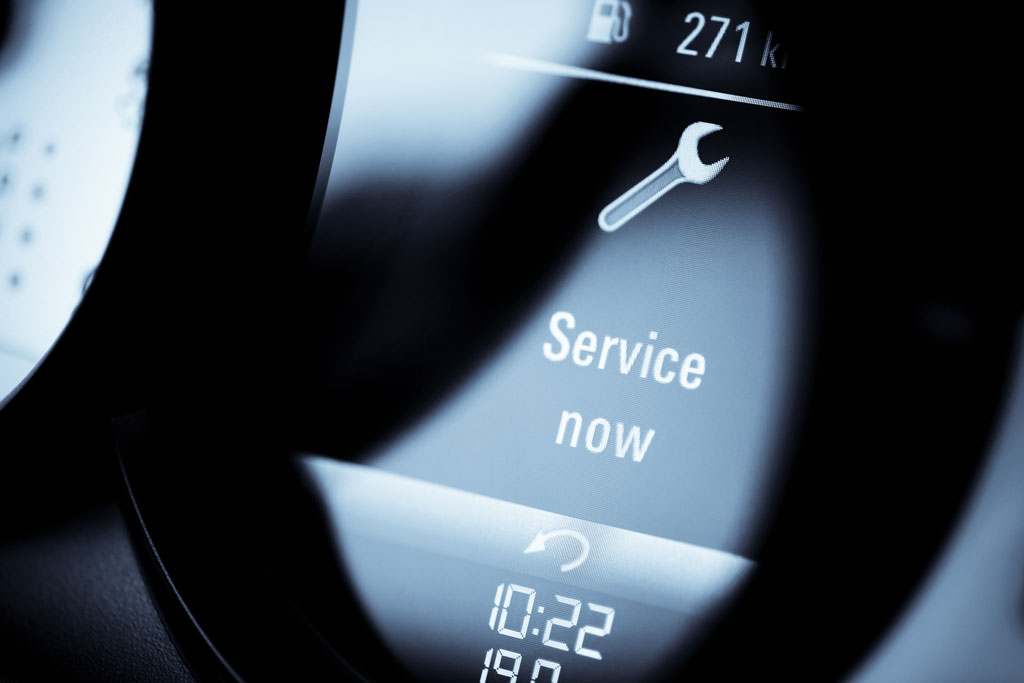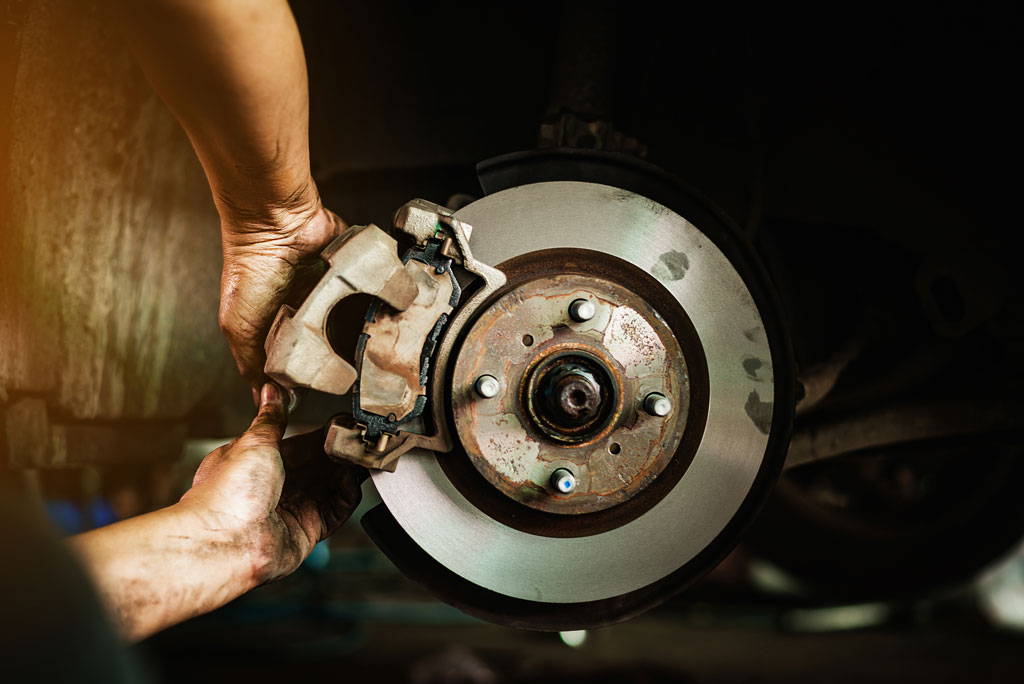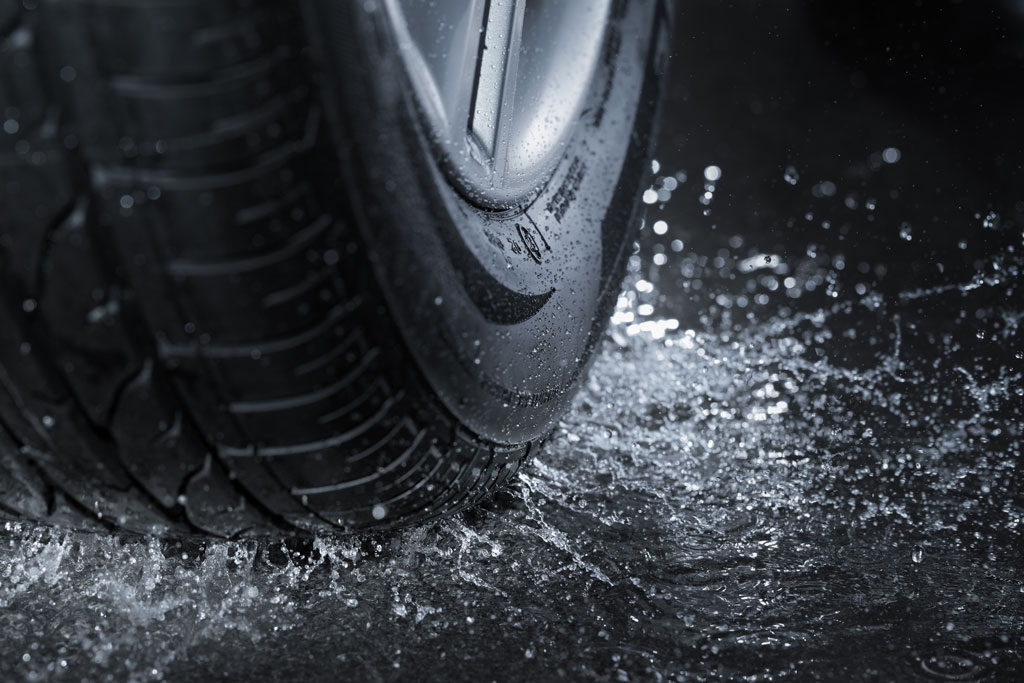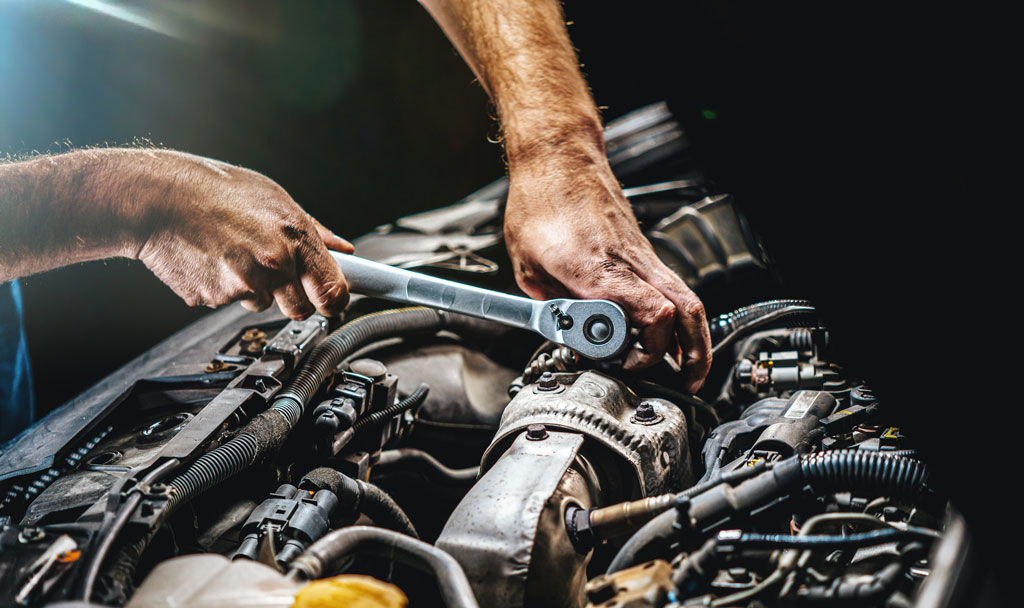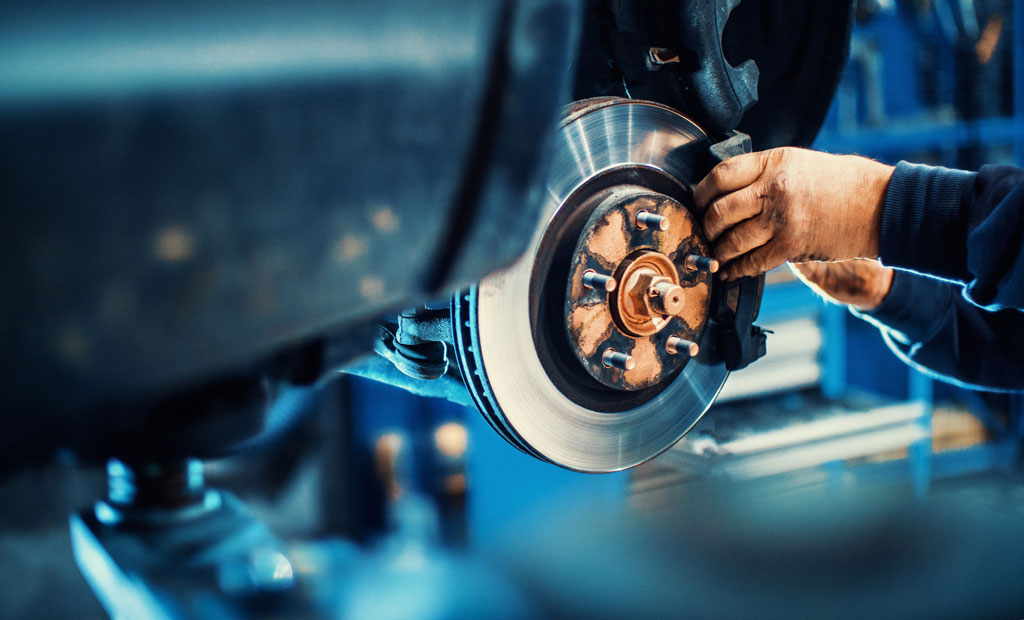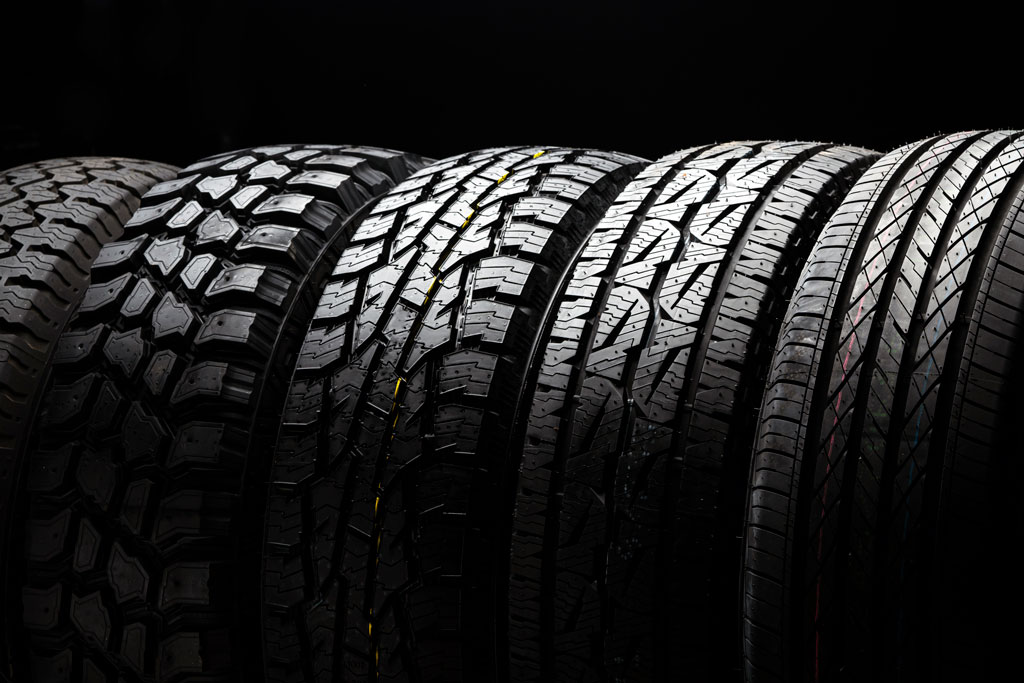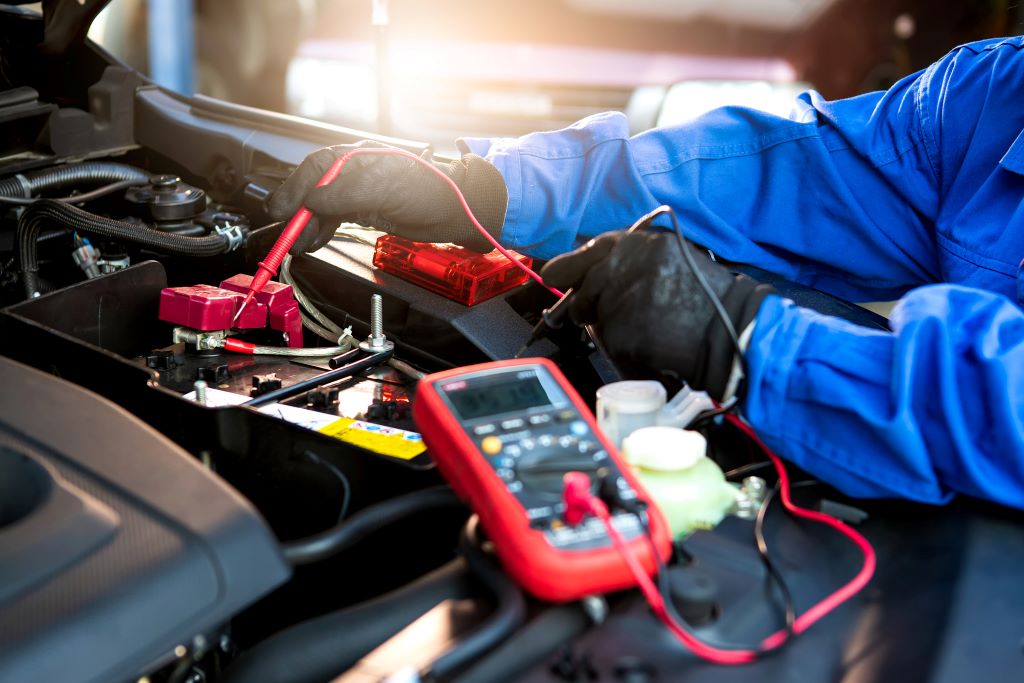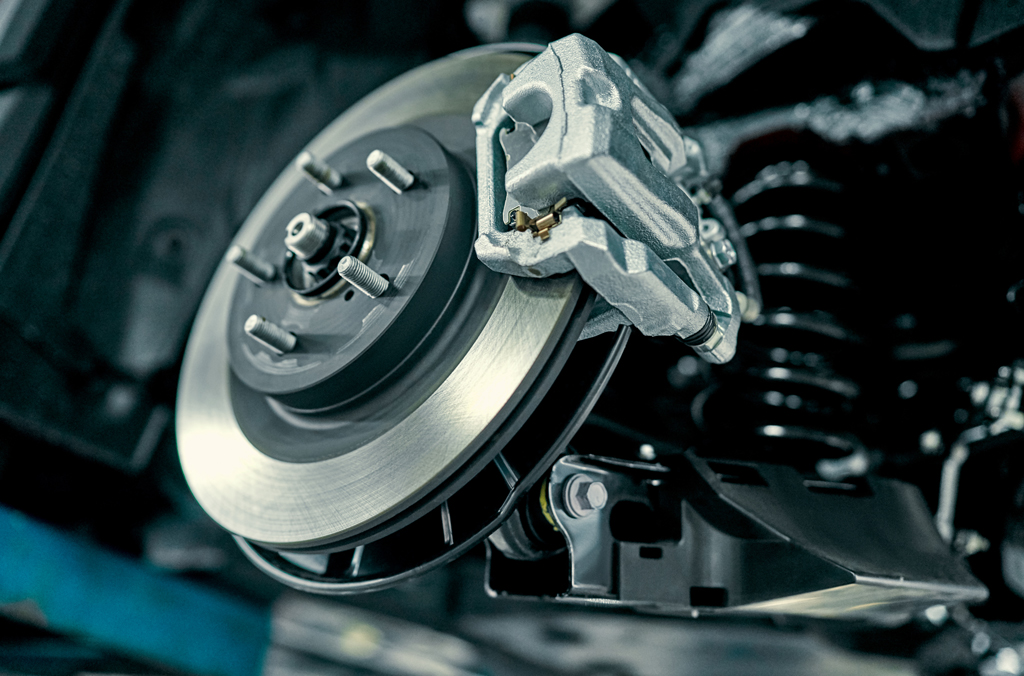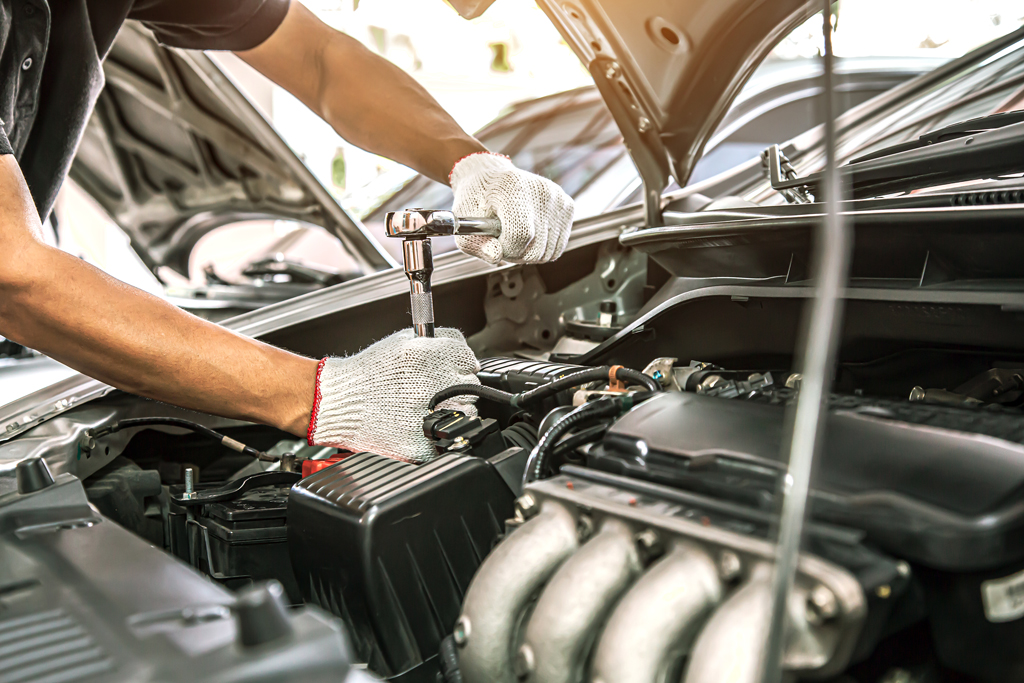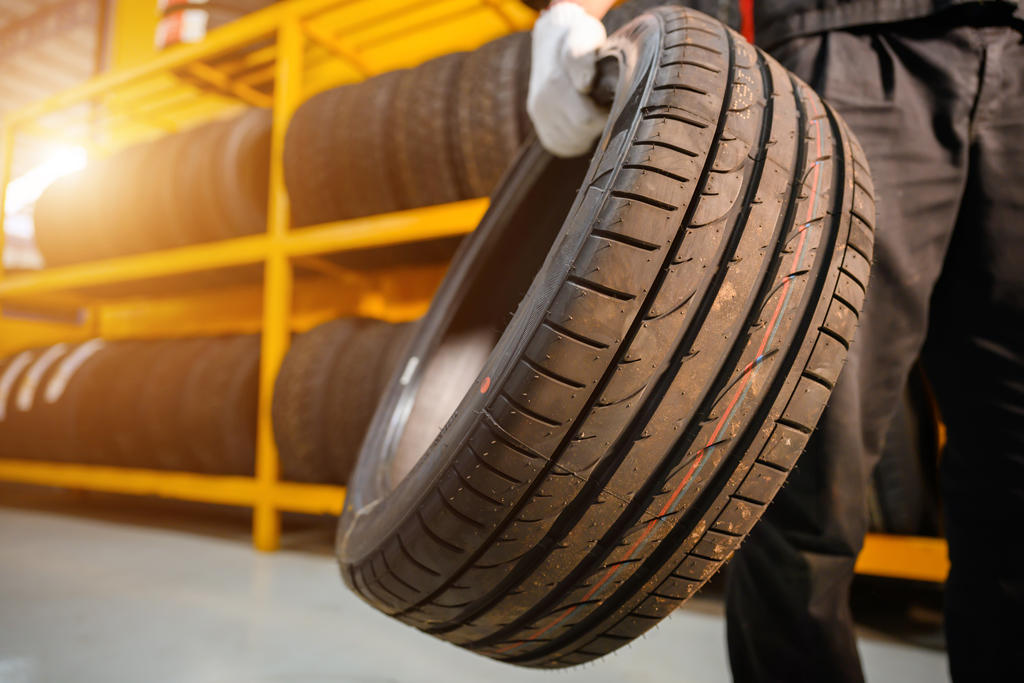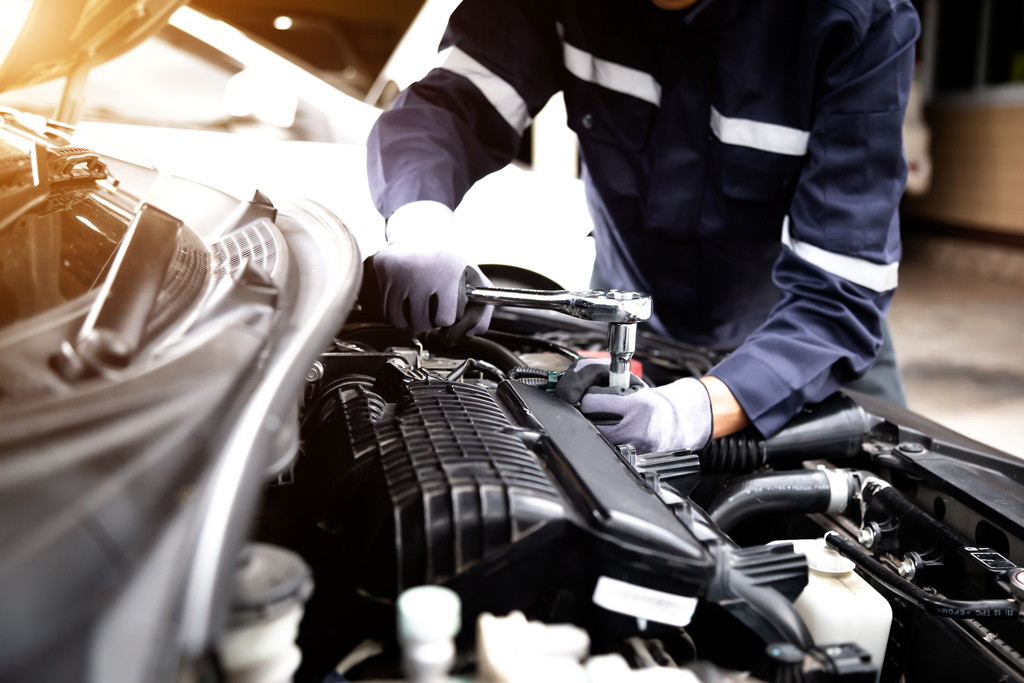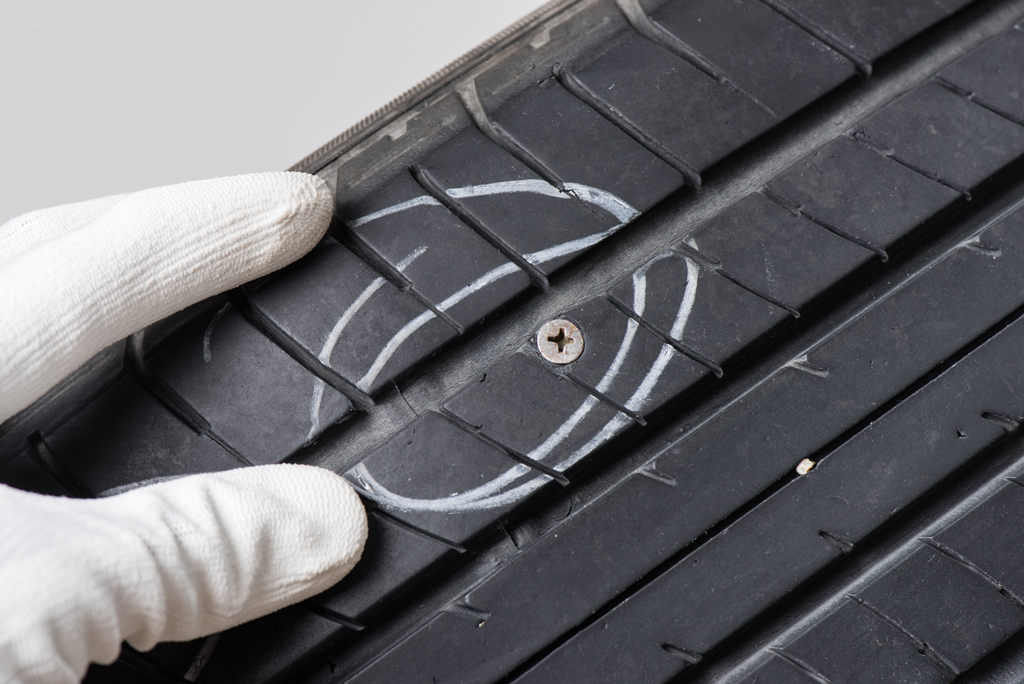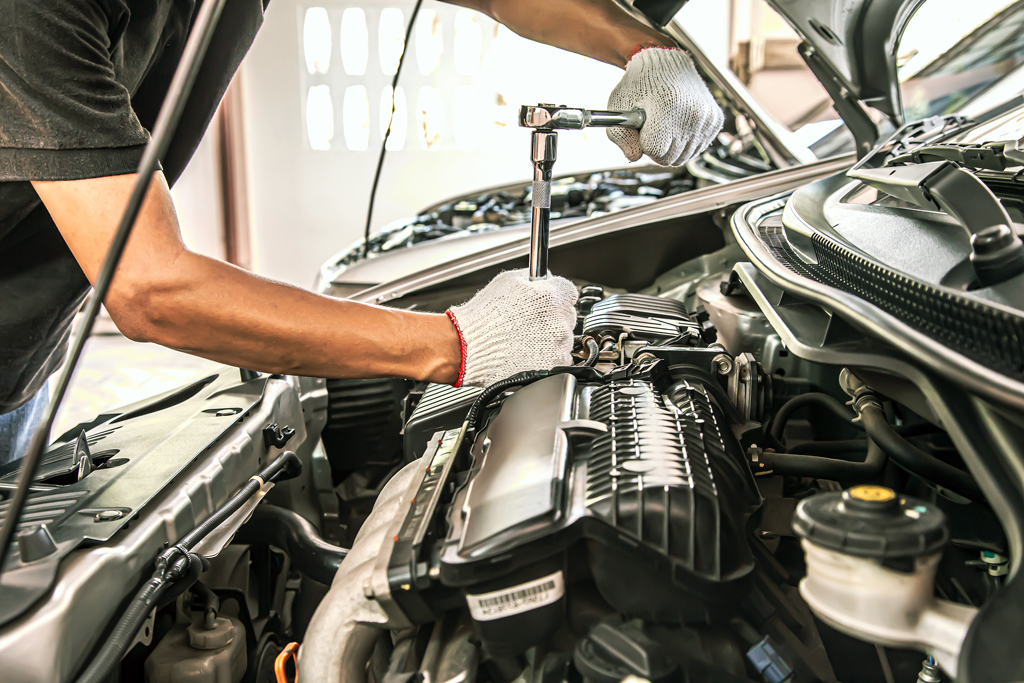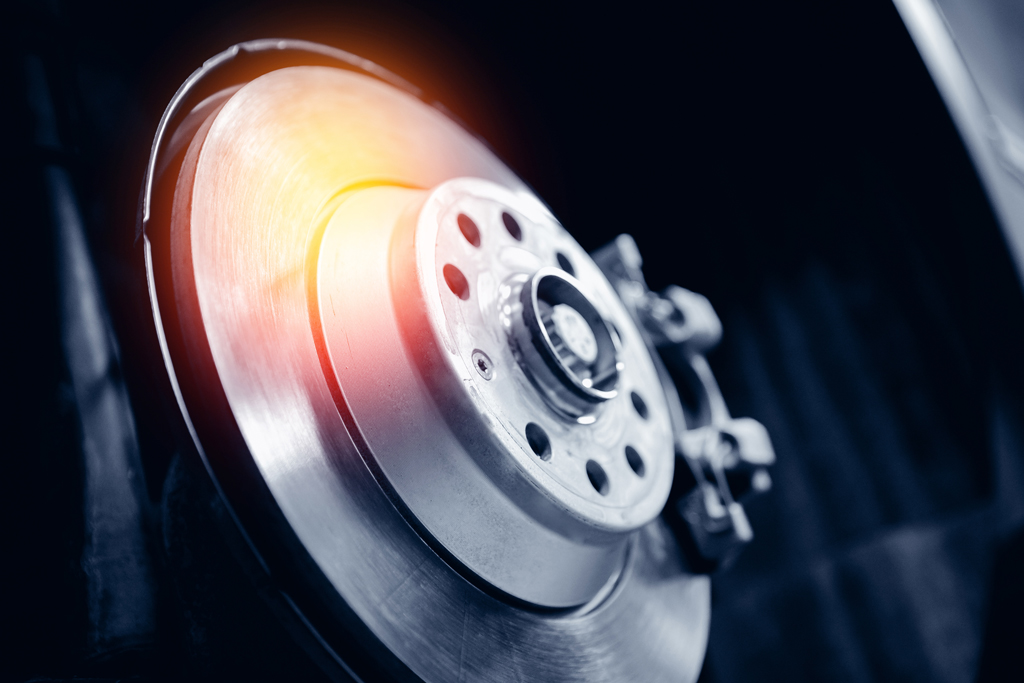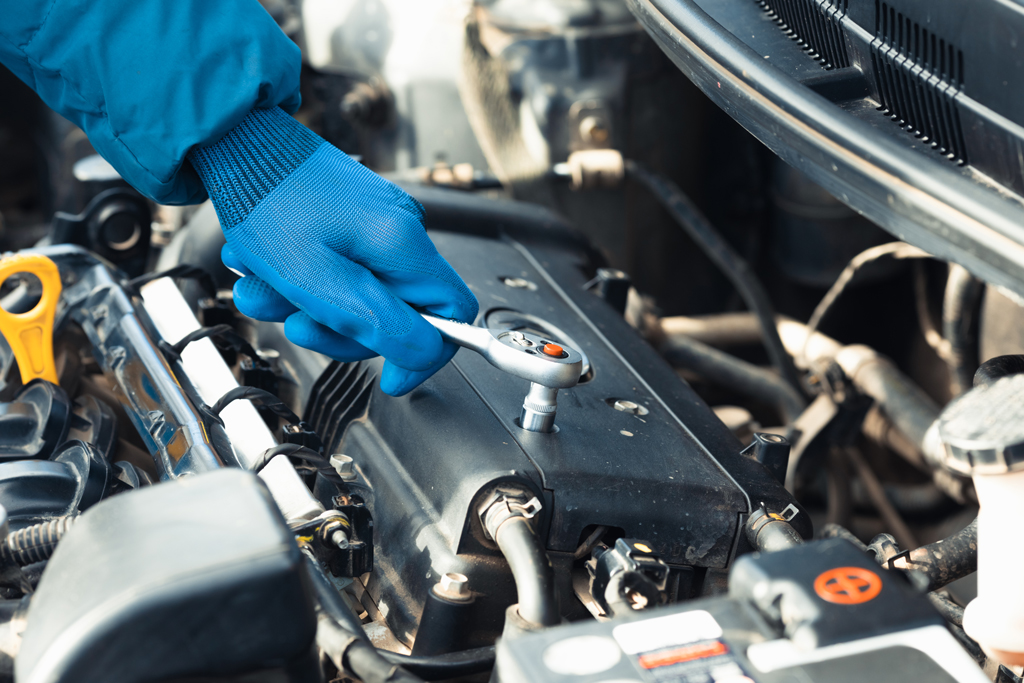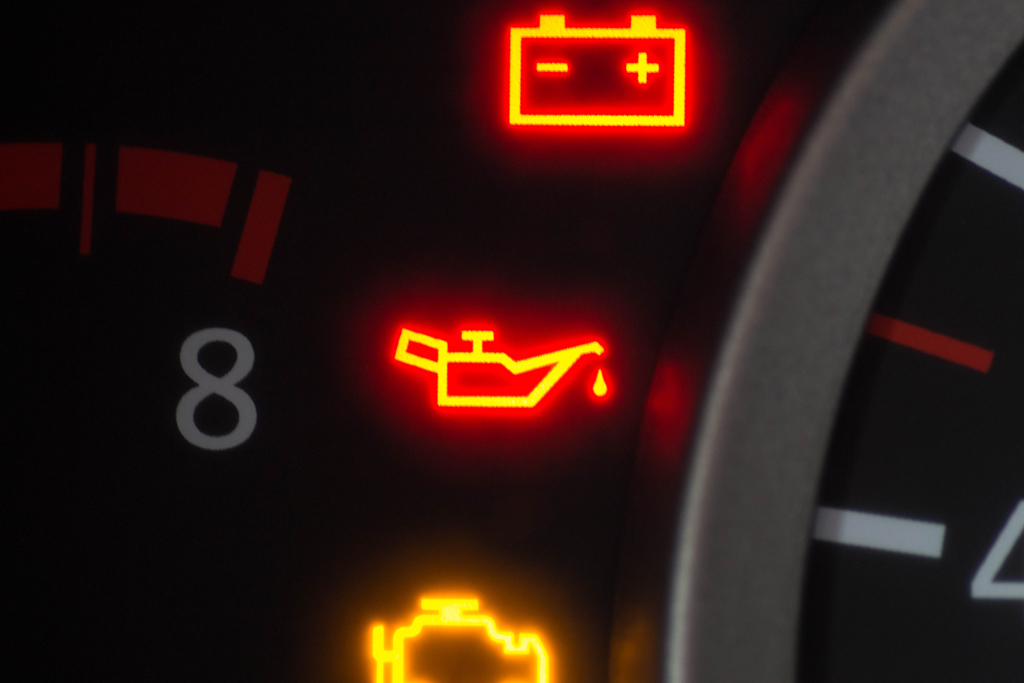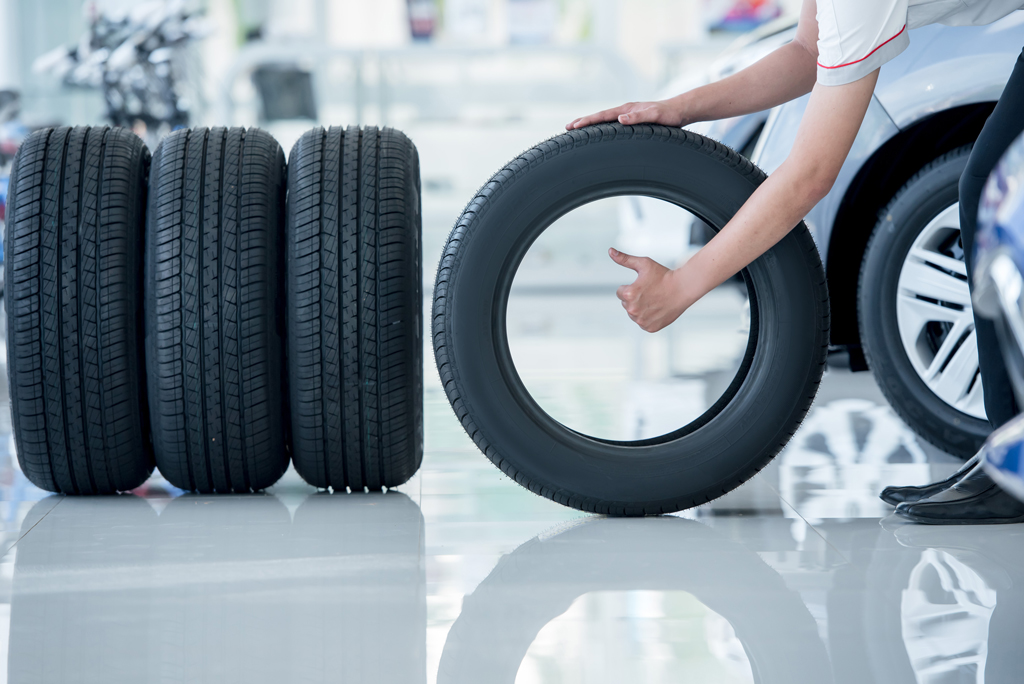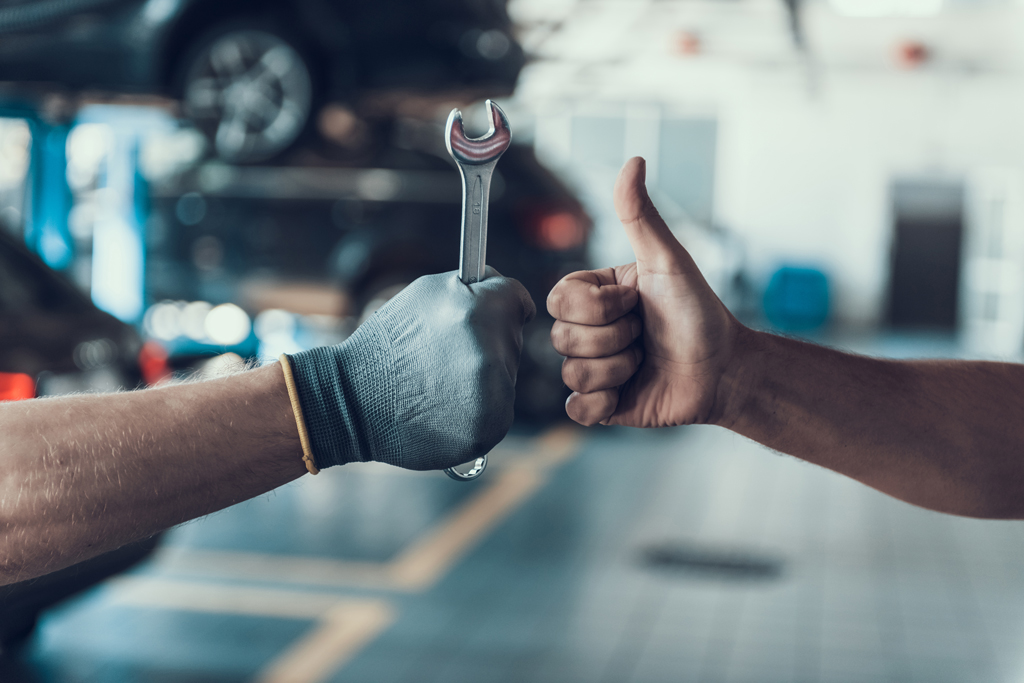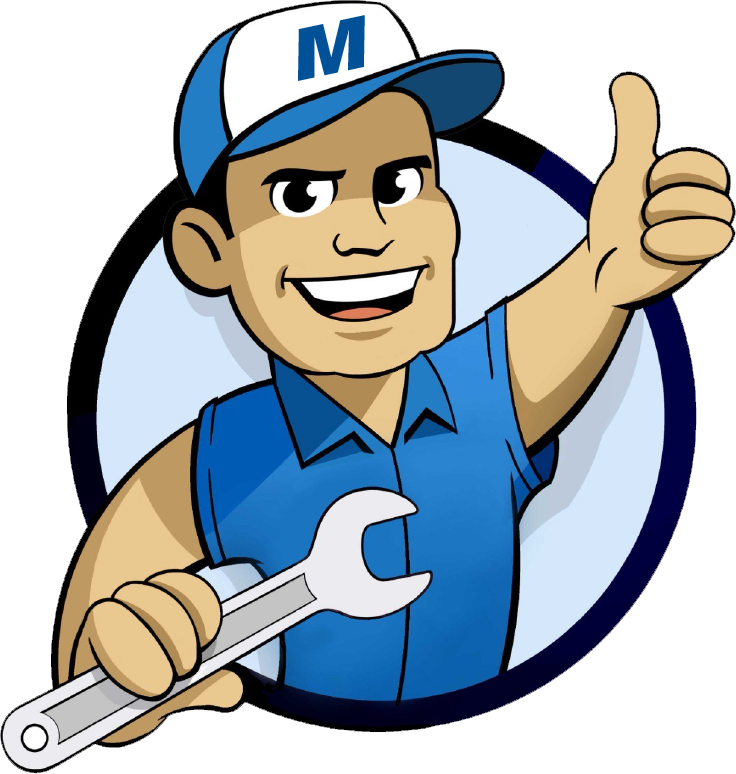Brake Repair: Factors That Determine How Often To Change Brake Fluid
Do you know how often you should change your vehicle’s brake fluid to keep it in optimal condition? The answer depends on several factors, including the type of braking system your car has, the quality of its brake fluid, and more. Understanding when to visit a brake repair professional to replace this important substance can lead to a more efficient and safe ride. To help clarify things, this article will detail the primary factors determining when you should change your brake fluid.
Type of Braking System
The type of braking system in your vehicle is a key factor in determining how often you should change your brake fluid. Disc brakes, typically found in most cars today, require less frequent brake fluid replacement than older drum brakes because disc brakes don’t require as much power or pressure to operate. On the other hand, if your car is equipped with antilock braking (ABS) or electronic brake force distribution (EBD), you’ll need to replace the fluid more often, as these systems require higher-pressure hydraulic systems. Moreover, if your car’s braking system has been modified or upgraded, you should consider visiting a brake repair professional for more advice on when to change the fluid.
Quality of Brake Fluid
The quality of your brake fluid will influence how often you should change it. High-quality fluids are designed to last longer and perform better than lower-quality ones. If you’re using an inferior product, you’ll likely need to replace it more frequently. Besides requiring frequent changing, low-quality brake fluids can also be corrosive, damaging the internal components of your braking system. Therefore, you will incur costly repairs using the wrong fluid. Avoid this situation by choosing only top-notch brake fluids.
Driving Habits
Driving habits determine how often you should change your brake fluid. How you drive affects every vehicle component, including the brakes, arguably the most critical safety feature. Frequent, harsh braking generates more heat, which subsequently breaks down the brake fluid faster. If your daily commute involves more stop-and-go driving and heavy braking, replacing your brake fluid more often than average drivers is recommended. Talk to an auto care specialist to get an accurate estimate of your ideal change schedule, depending on your driving habits.
Manufacturer Recommendations
Every vehicle manufacturer has different recommendations when it comes to changing out the brake fluid. While they all generally agree that a full flush and replacement should occur periodically (typically between one and two years), there are still slight variations depending on the model of the car and its age. Vehicles with all-wheel drive may need to change their brake fluid more frequently than those with only two-wheel drive. So be sure to check with your manufacturer for their specific recommendation when it’s time to flush out and replace your vehicle’s brake fluid. You should also stay up-to-date on any recalls or technical service bulletins (TSBs) issued by the manufacturer that could affect your car’s braking system. Failure to do so could result in costly repairs or an accident.
Type of Brake Fluid
Different types of brake fluid have different properties that can affect how often it needs to be changed. For example, glycol-based fluids absorb moisture over time, which can cause corrosion and damage to brake components. On the other hand, silicone-based fluids do not absorb moisture and can last longer between changes. When choosing a brake fluid, make sure to select one that is compatible with your vehicle’s braking system. Consult an auto care professional or read the manufacturer’s recommendation if unsure which fluid to use.
Brake System Maintenance
Proper braking system maintenance is key in determining how often you should change your brake fluid. If you keep up with routine brake service and maintenance, there is less likely a need to change the brake fluid more often than recommended. For example, regularly checking on things like hoses and seals can help ensure no leaks within the braking system, which could lead to contamination over time and require more frequent brake fluid changes than normal. Additionally, you should always check to ensure your brakes are in good working order. If the pads and/or rotors are worn down, that could create more heat and cause the brake fluid to break down faster. Even worse, the rotors could warp and require expensive brake repairs if you don’t take care of them promptly.
Environmental Conditions
Environmental conditions such as extreme heat, cold, and moisture can also affect how often you replace your brake fluid. Moisture is the most common contamination factor, so if you drive in an area that experiences heavy rains or snowfall, it’s important to keep an eye on the level and condition of your brake fluid. Furthermore, extremely hot temperatures can cause the brake fluid to break down quickly and require frequent changes. The weather is typically hot and humid, so pay special attention to your brakes during the summer when temperatures are at their hottest.
These are some of the primary factors that influence when you should change your brake fluid. Depending on your driving habits, type of brake fluid, maintenance schedules, and environmental conditions, you may need to change it more or less frequently than the manufacturer’s recommendation. As always, consult a qualified brake repair technician for professional advice and service on your vehicle’s brakes.
Visit Our Auto Care Shop for Quality Service
At Mr. Mechanic Auto Care, we specialize in brake servicing and maintenance. Our expert technicians can handle everything from changing your brakes to flushing and replacing the brake fluid. We use only quality parts and materials to ensure the optimal performance of your vehicle’s braking system. We also offer a wide range of other auto care services, so you can be sure to get the care your car needs. Call us today to learn more about our services and schedule your appointment.
At Mr. Mechanic Auto Care, we look forward to helping you keep your car running safely and smoothly!
See our most recent blog on this topic here.
Check out our reviews here.
Photo By terminator1 at iStock

How To Effectively Communicate With Your Mechanic During Auto Repair Emergencies
Finding yourself needing emergency auto repair services can be a frustrating experience, particularly if you don’t know how to describe the problem to your mechanic. A poorly communicated issue could lead to extensive delays in resolving the problem or, worse, may result in an incorrect diagnosis or repair. This blog post will discuss how to communicate effectively with your mechanic during auto care and repair emergencies so that you can get the help you need quickly and easily.
Provide a Detailed Explanation of the Issue
The first step to communicating effectively with your mechanic is to provide a detailed explanation of the issue. While it’s understandable if you don’t have technical knowledge about your car, it’s essential to describe the symptoms as accurately as possible. Instead of saying, “My car is making a noise,” describe the sound, its location, and when it occurs (i.e., accelerating, turning, braking). Providing specific details may help your mechanic determine the problem more efficiently and accurately.
Clearly Explain Your Location
When facing auto repair emergencies, one of the most important things to remember is accurately convey your location to your mechanic. Start with the street and city you’re in, and provide any notable landmarks, such as a gas station or restaurant. If possible, use GPS coordinates to pinpoint your exact location, and be sure to mention if you’re on the side of the road or in a parking lot. The more specific you are, the easier it will be for your mechanic to find you and get to work on repairing your vehicle. Remember, communication is key in any emergency, and clear communication will help you and your mechanic succeed in repairing your car.
Provide Details on Your Car’s Make and Model
When you contact your mechanic, it’s important to provide them with accurate information about the make and model of your car. This crucial information will help your mechanic pinpoint the specific part or issue that needs to be addressed. Additionally, providing details on your car’s make and model allows your mechanic to prepare for the repair and ensure they have the necessary tools and parts on hand. This can help a mechanic diagnose the issue much more quickly and accurately. If possible, write down the year, make, and model ahead of time so you don’t have to search for this information when an emergency arises.
Be Honest About Your Budget
When it comes to auto repair emergencies, the last thing you want is to be caught off-guard by unexpected costs. That’s why it’s important to be honest about your budget when communicating with your mechanic. It may be tempting to stretch the truth slightly to avoid a steep bill, but honesty is the best policy. Your mechanic is there to help you, not hurt you. Therefore, by disclosing your budget up front, you allow them to work with you and find solutions that fit within your means. So don’t be shy – speak up about your budget and work with your mechanic to get your car back on the road without breaking the bank.
Be Honest About Prior Repair Attempts
If you’ve attempted to repair or diagnose the problem before seeking help from a mechanic, inform them about it. Tell them what you’ve tried, what you’ve observed, and what changes you’ve noticed since then. Some repair attempts, such as using the wrong type of oil, may have caused further damage, and it’s crucial for your mechanic to know. Being honest about your prior repair attempts may aid your mechanic in determining the underlying issue.
Clarify Timeline and Outcome Expectations
When communicating with your mechanic during an auto repair emergency, it’s important to be clear about your timeline and outcome expectations. A breakdown on the side of the road or a sudden mechanical failure can be a stressful experience, but having a clear plan in place can help ease some of the anxiety. Discuss with your mechanic how long the repairs will take and what you can expect regarding the outcome. Ask questions and clarify details to ensure you fully understand what needs to be done and how long it will take. This will ensure that you’re on the same page and that the repair process goes smoothly. Communication is key in any emergency, and being upfront and clear with your expectations can help you get back on the road as quickly and safely as possible.
Stay Calm and Patient
When faced with an auto care and repair emergency, keeping a level head and communicating effectively with your mechanic is important. Avoid yelling or raising your voice, even if you’re frustrated. Getting frustrated and angry won’t solve the problem any faster and may worsen things. Instead, take a deep breath and calmly explain the issue to your mechanic. Listen to their recommendations and ask questions if needed. Be polite and ensure that your communication is constructive and positive. Mechanics often work under tight deadlines and high-pressure situations, and being respectful can help make their job easier and more effective.
Communication is Key
Communication between you and your mechanic is key during auto care and repair emergencies. Give your mechanic as much information about the issue as possible to help them accurately diagnose and address it. Be honest about your budget and prior repair attempts, and clarify timeline and outcome expectations to ensure everyone is on the same page. Above all, remain calm and patient during the process.
Have an Auto Emergency? We are Here to Help!
At Mr. Mechanic Auto Care, we understand that auto care and repair emergencies can be stressful and overwhelming. Our experienced mechanics are here to help you get back on the road as quickly and safely as possible. We offer a wide range of services and use only the highest quality parts, so you can rest assured that your car is in good hands. Contact us today to schedule an appointment.
See our most recent blog on this topic here.
Photo By Paolo Cordoni at iStock

Measures To Prioritize Personal Safety When Waiting For Emergency Auto Repair Services
Breaking down on the side of the road can be a disorienting and dangerous situation, especially if you’re alone. While waiting for emergency auto repair services, you may feel vulnerable and uncertain about what to do next. To help ease your mind and ensure your safety, we’ve compiled a few tips for staying safe while waiting for help.
Turn on Your Hazard Lights
One of the first things you should do after breaking down is to turn on your hazard lights. With cars zooming past you at high speeds, the last thing you want is to put yourself in harm’s way by remaining invisible to other drivers. Turning hazard lights on can help prioritize your safety by alerting others on the road to your presence. Not only will it help reduce the risk of accidents, but it will also make it easier for the repair service to locate you. So the next time you find yourself in this situation, remember to put your safety first and turn on those hazard lights.
Set up Reflective Triangles or Flares on the Road
Whenever possible, you should also set up reflective triangles or flares on the road to make yourself more visible to other drivers. This extra step can help decrease the chances of an accident occurring while you are waiting for assistance. You can purchase these items from any auto parts store. Remember to set them up far enough away from your car to protect yourself should another vehicle come too close.
Stay in Your Vehicle
Although leaving your car in search of help can be tempting, the safest course of action is to remain inside your vehicle until assistance arrives. This is a particularly good idea if stuck in an unsafe or isolated area. By staying in your car, you are limiting the chances of coming into contact with strangers who may want to take advantage of the situation. If you need to leave your car for any reason, it’s best to do so during daylight hours and with a nearby friend or family member.
Keep Your Doors Locked And Your Windows Rolled Up
While it can be tempting to roll down the windows to let in some fresh air or unlock the doors to stretch your legs, doing so can put you at risk. Sadly, some people will take advantage of any opportunity they see, even if it means harming others. A closed and locked car can help you feel more secure while waiting for assistance. If someone does approach your vehicle, it’s best not to engage with them in any way or open the window further than a crack. You should also let the repair service know you are alone and in an unsafe area so they can take extra precautions when arriving.
Stay Alert, Avoid Distractions
When facing the need for emergency auto repair services, passing the time by scrolling through social media, responding to work emails, or taking a quick nap may be tempting. However, staying vigilant is the best way to keep yourself safe. If you find your mind wandering, use that time to pay attention to your surroundings and make a mental note of any potential threats. You should also avoid using your phone while waiting for assistance. Not only can it be distracting, but it can also reduce the battery power you need in case of an emergency. It’s best to save that energy for when you need it most and keep your mind focused on your safety.
Don’t Accept Help from Strangers
It’s late at night, and your car has broken down on a deserted road. You’re anxious and feeling vulnerable as you wait for the arrival of emergency auto care and repair services. Suddenly, a stranger approaches you with an offer to help. While their kind gesture may seem genuine, it’s important to remember that accepting help from strangers can be a dangerous gamble. You don’t know their true intentions, and trusting them could lead to more trouble than you already have. It’s always better to wait for the arrival of a professional auto care and repair specialist rather than put yourself in harm’s way.
Stay Calm, Be Patient
It’s a feeling we all know too well – that sense of dread when our car breaks down unexpectedly. It’s even worse when we’re on the side of a busy road or in the middle of rush hour traffic. But amidst the chaos and frustration, staying calm when waiting for emergency auto repair services is important. Taking deep breaths, listening to calming music, or practicing simple mindfulness techniques can help ease anxieties and keep a level head. Help is on the way, and staying calm can make the waiting process much more bearable.
Share Location with a Trusted Person
In an emergency, having someone you trust to keep track of your location can be helpful. Share your whereabouts with a family member or close friend who can check in on you periodically and provide assistance if needed. You should also inform them when you arrive at your destination or are picked up by emergency auto care and repair services so that they know you are safe.
By following these basic tips, you can help ensure that your emergency auto repair services experience is as safe and stress-free as possible. With some preparation and vigilance, you can ensure the situation doesn’t get out of hand. Stay alert and keep yourself informed – it could be the difference between arriving safely or ending up in an even worse situation.
Stuck on the Road Side? Call Us Today
If you ever find yourself needing emergency auto care and repair services, don’t hesitate to contact us at Mr. Mechanic Auto Care. Our knowledgeable and experienced technicians are here to help you get your car back on the road as quickly and safely as possible. We’re available 24/7, so don’t wait – contact us today!
See our most recent blog on this topic here.
Photo By baona at iStock
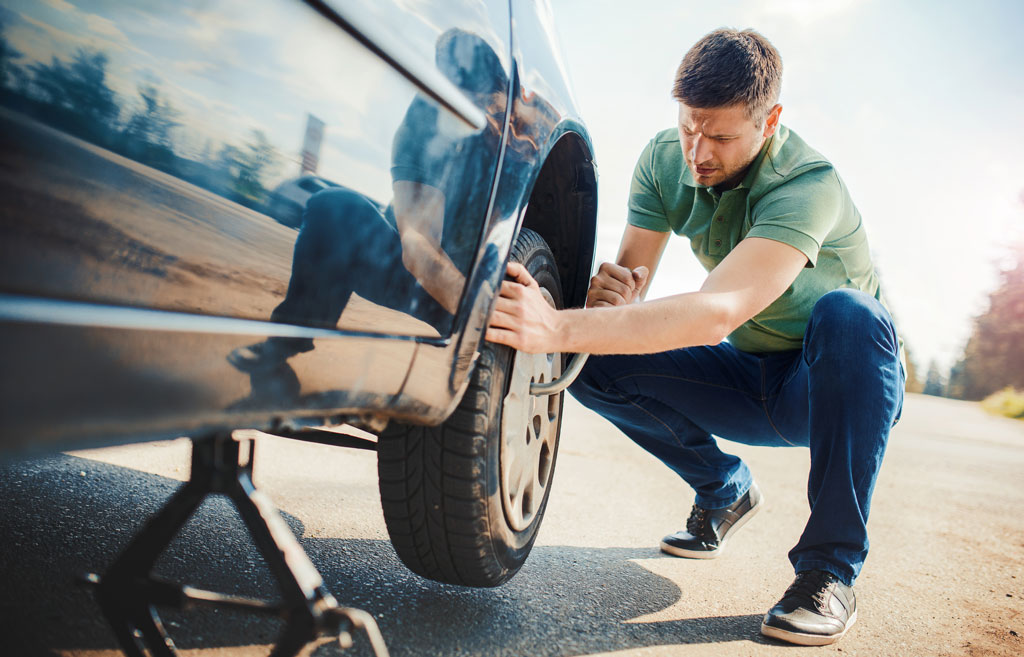
Maintenance Practices That Will Prevent Frequent Tire Replacement
Tires are one of a vehicle’s most essential parts, and they must be well-maintained to keep them in good condition. Regular wear and tear, improper inflation, alignment, and balance issues can shorten the lifespan of your car’s tires and often leads to frequent replacements, which can be costly. The good news is that there are some simple maintenance practices that you can implement to extend the life of your tires and prevent the need for frequent replacements. This blog post will explore maintenance practices that will prevent tire replacement and save you money in the long run.
Regular Tire Rotations
Tires wear unevenly over time, and regular tire rotations are a great way to ensure the wear is even across all tires. When your tires are rotated, the ones on the rear are moved to the front and vice versa, allowing for more even wear on all four tires. Without proper rotation, parts of the tires that constantly bear the weight of your vehicle will quickly wear out, leading to a shorter tire lifespan. Experts recommend getting your tires rotated every 5,000 to 7,500 miles. Keep your tires in shape by regularly rotating them, and you’ll save yourself time and money in the long run.
Keep Your Tires Aligned
Proper tire alignment is essential maintenance that should not be overlooked. Not only does it preserve the longevity of your tires, but it also has a greater impact on your vehicle’s overall performance. Aligning your tires ensures they all point in the same direction and are evenly placed on the road. When out of alignment, they can wear unevenly, causing them to wear out faster and require tire replacement more frequently. This not only becomes costly, but it can also be dangerous if your tires become significantly worn down. So, keep your tires aligned to ensure a smoother ride, extended tire life, and, most importantly, your safety on the road.
Check Tire Pressure Regularly
One of the easiest and most effective maintenance practices you can do for your vehicle is checking your tire pressure regularly. Not only will this prevent frequent replacements, but it will also improve your car’s fuel efficiency, handling, and overall performance. Low tire pressure can cause uneven wear, reduce traction, and even lead to blowouts on the road. On the other hand, too much pressure can wear the tires on the outside edges. To ensure your tire pressure is optimal, use a tire gauge to check each tire every month or so and adjust them to the recommended PSI (pounds per square inch) listed in your car’s manual.
Dedicate a few minutes to this simple task, and you’ll save yourself time, money, and potential safety hazards in the long run. It’s important to note that tire pressure can fluctuate with temperature changes, so it’s even more important to check the pressure in the winter and summer months.
Invest in Quality Tires
No matter how much you take care of your tires, they will eventually wear out over time due to regular. Invest in quality tires designed specifically for your vehicle to ensure your tires last. When shopping for tires, make sure to purchase tires that are designed for your car’s make, model, and year. This ensures they will fit correctly and provide the best performance for your vehicle. You can consult an auto repair shop for the best tire recommendations. The amount you pay to purchase quality tires initially may cost more, but in the long run, they will last longer and prevent frequent replacements.
Maintain Proper Tire Balance
Maintaining proper tire balance is an essential maintenance practice that car owners should never overlook. In the long run, not only does it save you on frequent tire replacement expenses, but it also ensures a safer driving experience. When tires are not balanced, they wear unevenly, leading to more frequent replacements. Additionally, unbalanced tires can cause vibrations that compromise your vehicle’s stability, hinder driving comfort, and eventually lead to accidents. Therefore, it’s important to have a professional mechanic regularly check your tires’ balance and keep them in optimal working condition. By doing so, you’ll not only be saving on tire replacement costs, but you’ll also be ensuring a safer driving experience for yourself and other road users.
Regularly Inspect Your Tires
Visual inspections of your tires should be done at least once a month. During these inspections, you should look for any signs of cracks or other damage that may have occurred in the treads or sidewalls. If you notice any signs of wear, it’s important to take your vehicle to a professional mechanic for further inspection and replacement if necessary. Regularly inspecting your tires will help you identify potential problems early, allowing you to get the necessary repairs done promptly and preventing any issues from becoming more serious.
Taking good care of your car’s tires is essential to extend their lifespan and reduce the need for frequent replacements, ultimately saving you money in the long run. Implementing these maintenance practices discussed in this article will help ensure that your tires perform at their best and that you’re always driving safely. You can also consult certified mechanics, as they will be able to provide you with more specific advice on how to keep your tires in optimal condition.
Visit Our Auto Care Shop For Expert Assistance
If you need help inspecting and maintaining your car’s tires, visit our auto care shop today at Mr. Mechanic Auto Care. Our experienced mechanics will thoroughly inspect your tires and the necessary repairs and replacements needed to keep them in top condition. With our expert advice and support, you can be sure that your tires are in optimal condition and that you’re always driving safely. Contact us today to learn more about our services and how we can help keep your car’s tires in the best condition possible.
We look forward to helping you get back on the road with safe and reliable tires!
See our most recent blog on this topic here.



